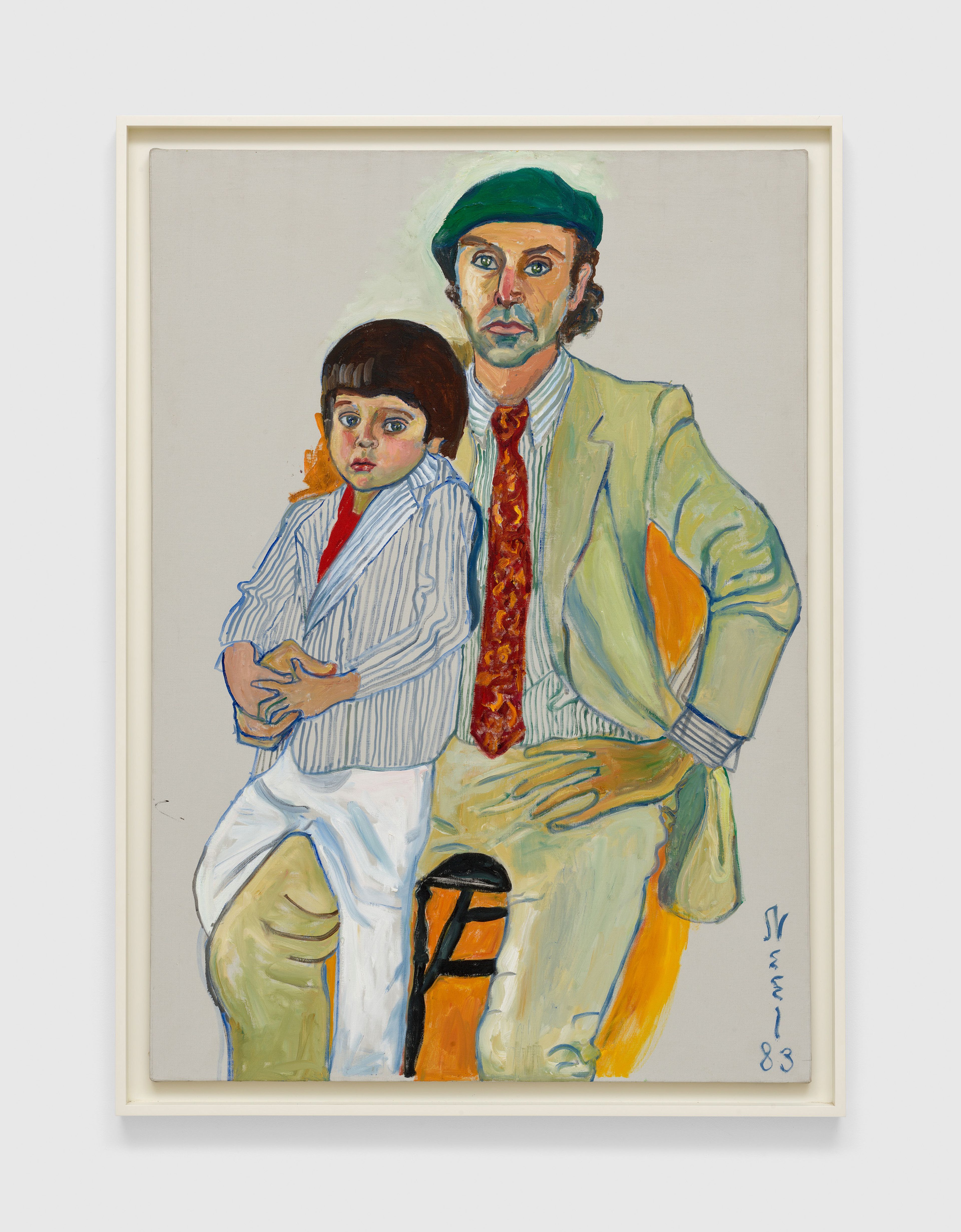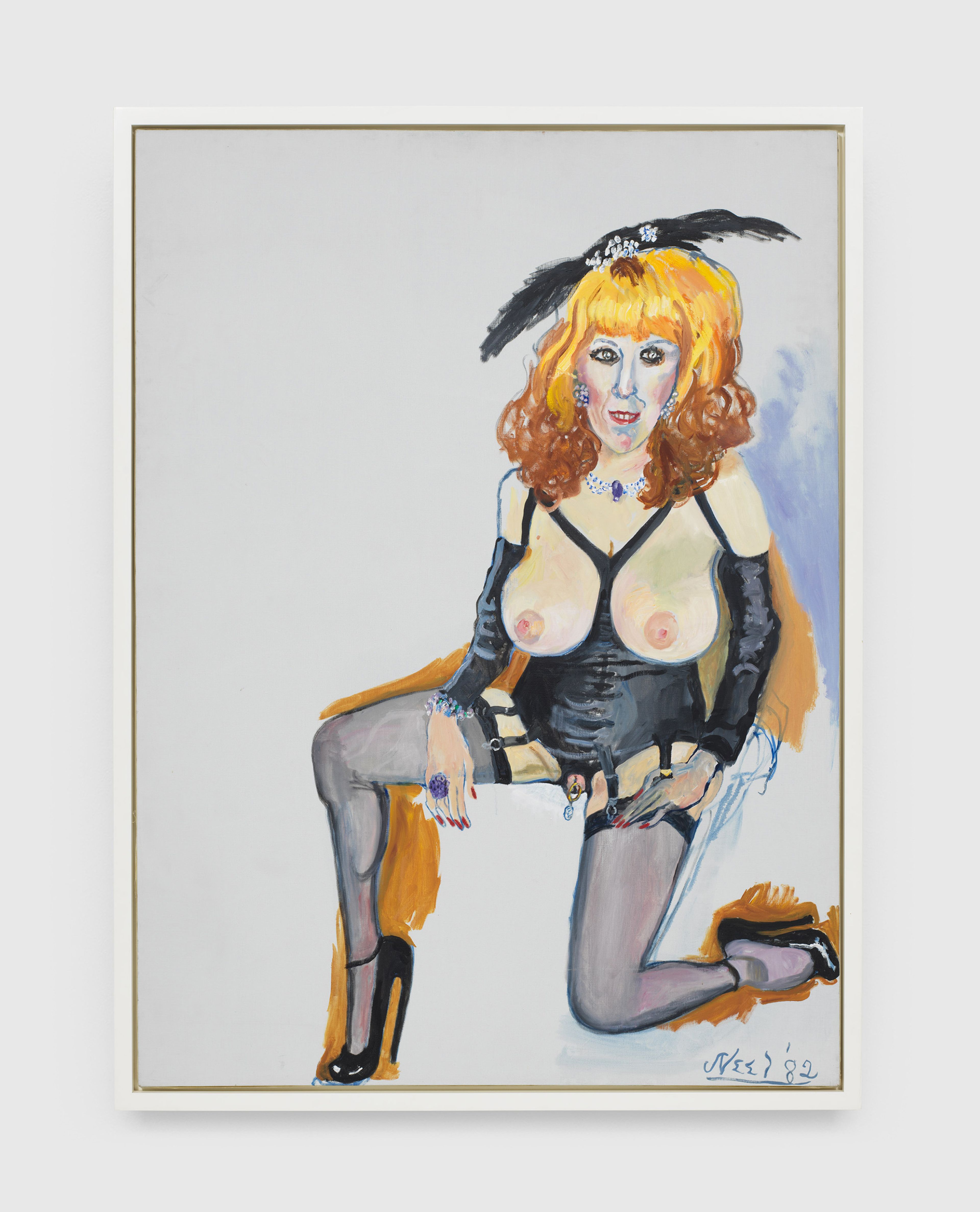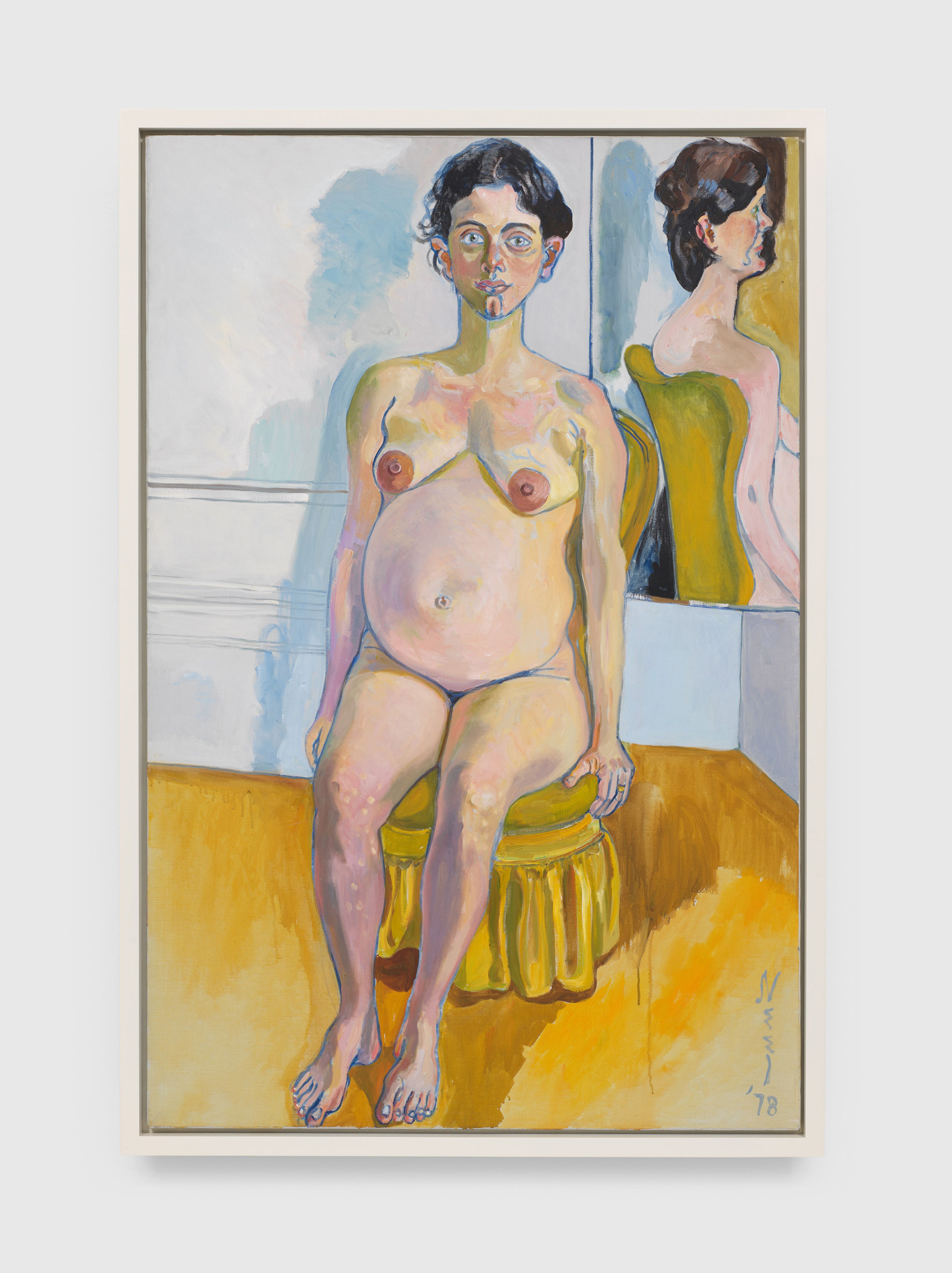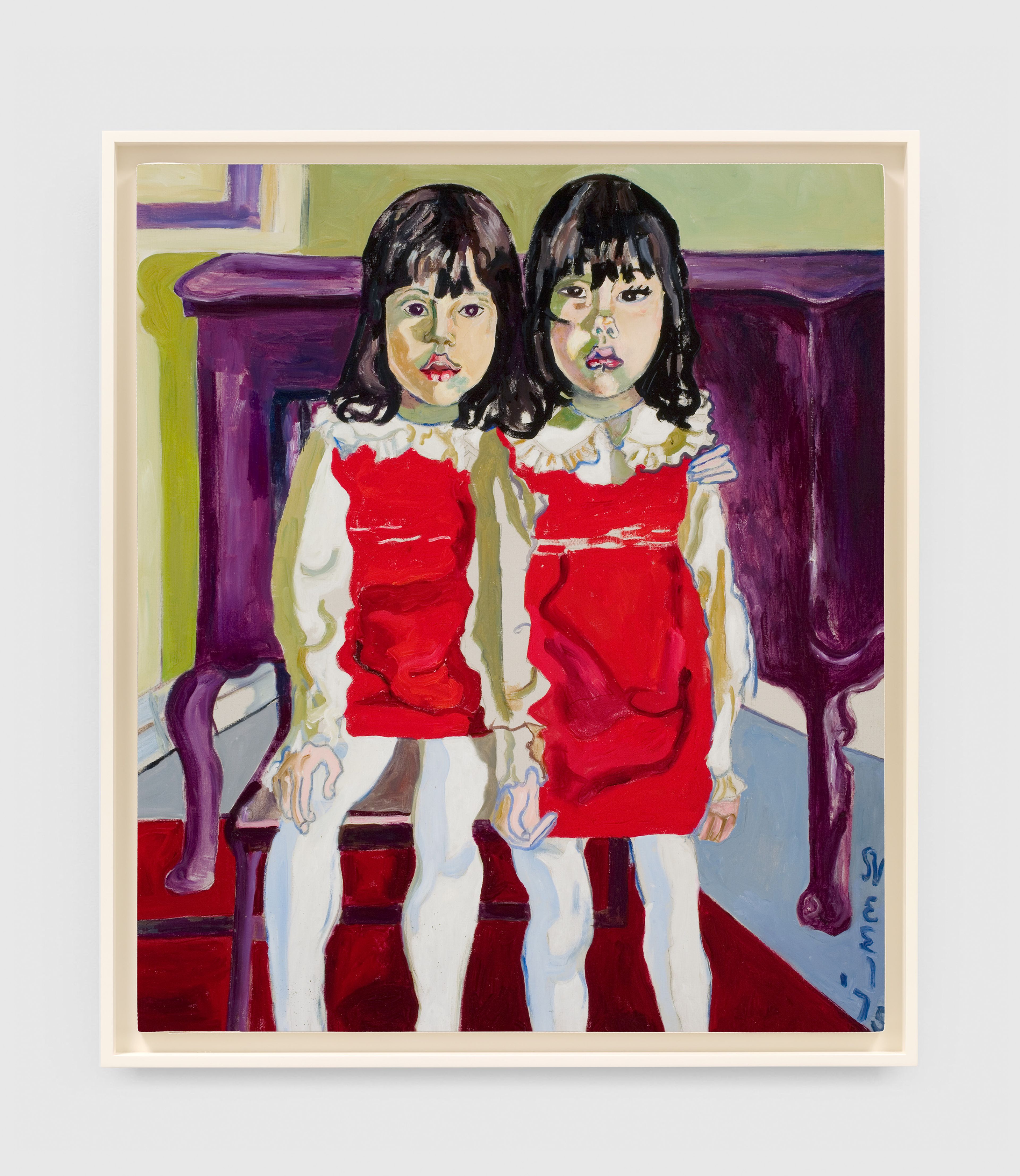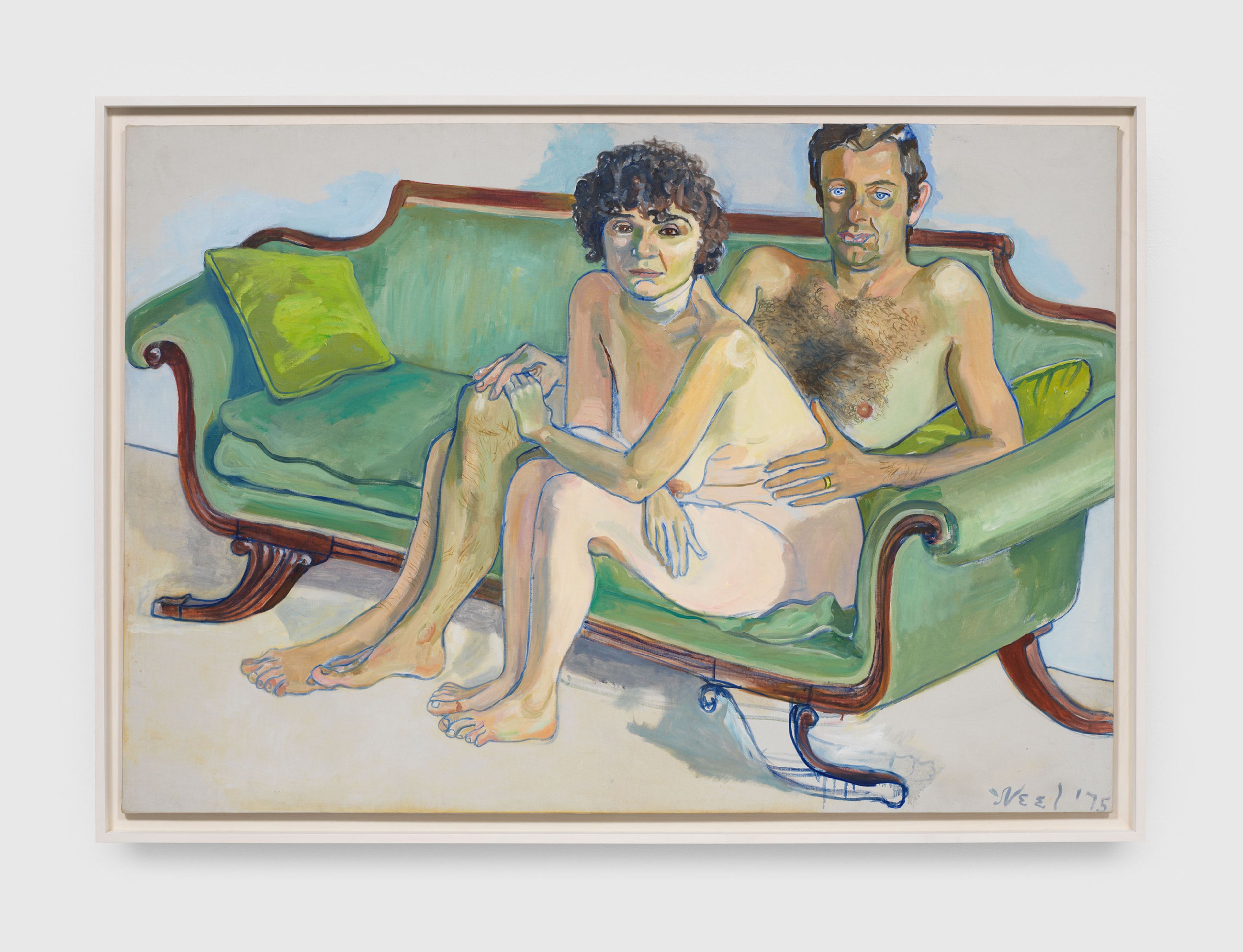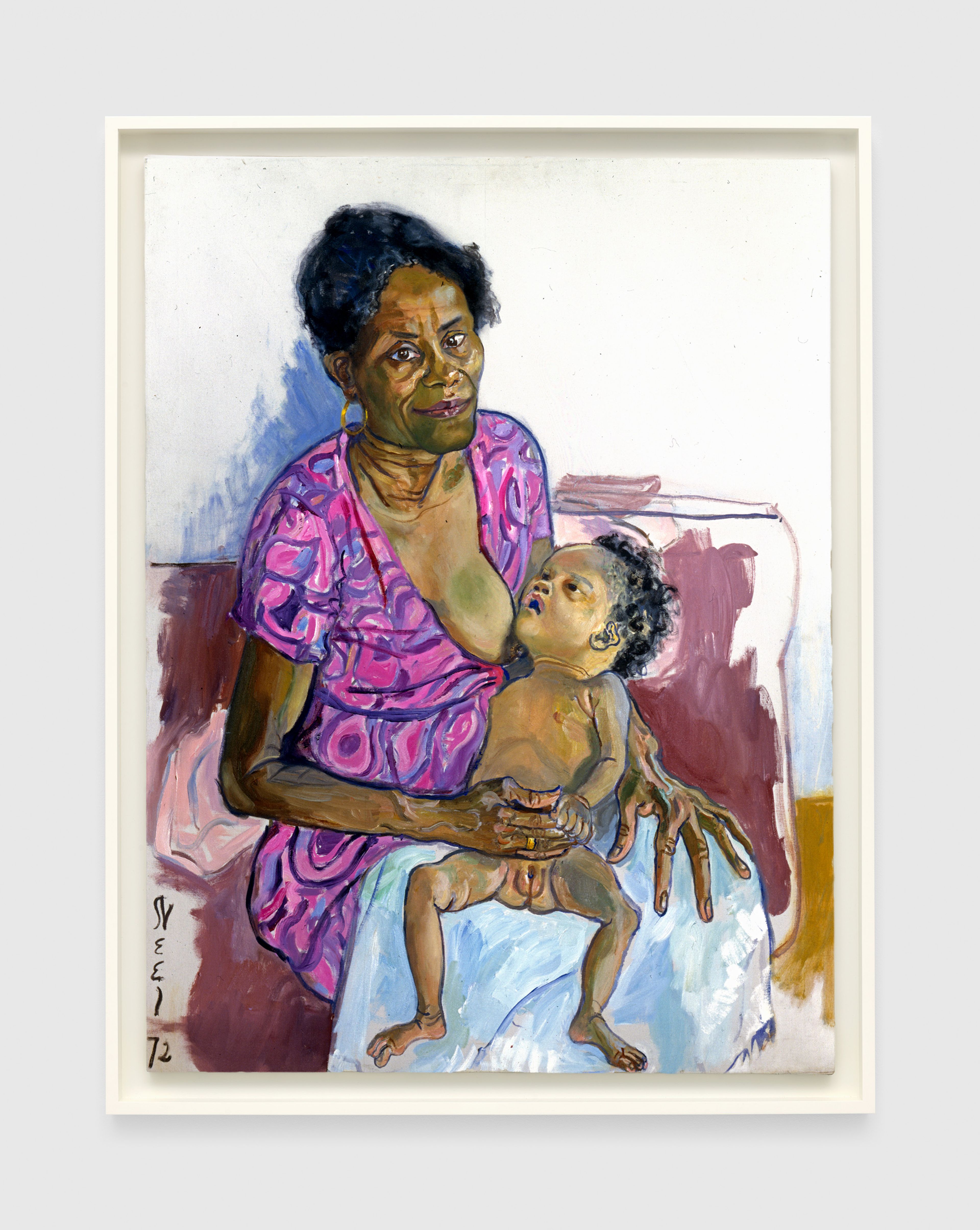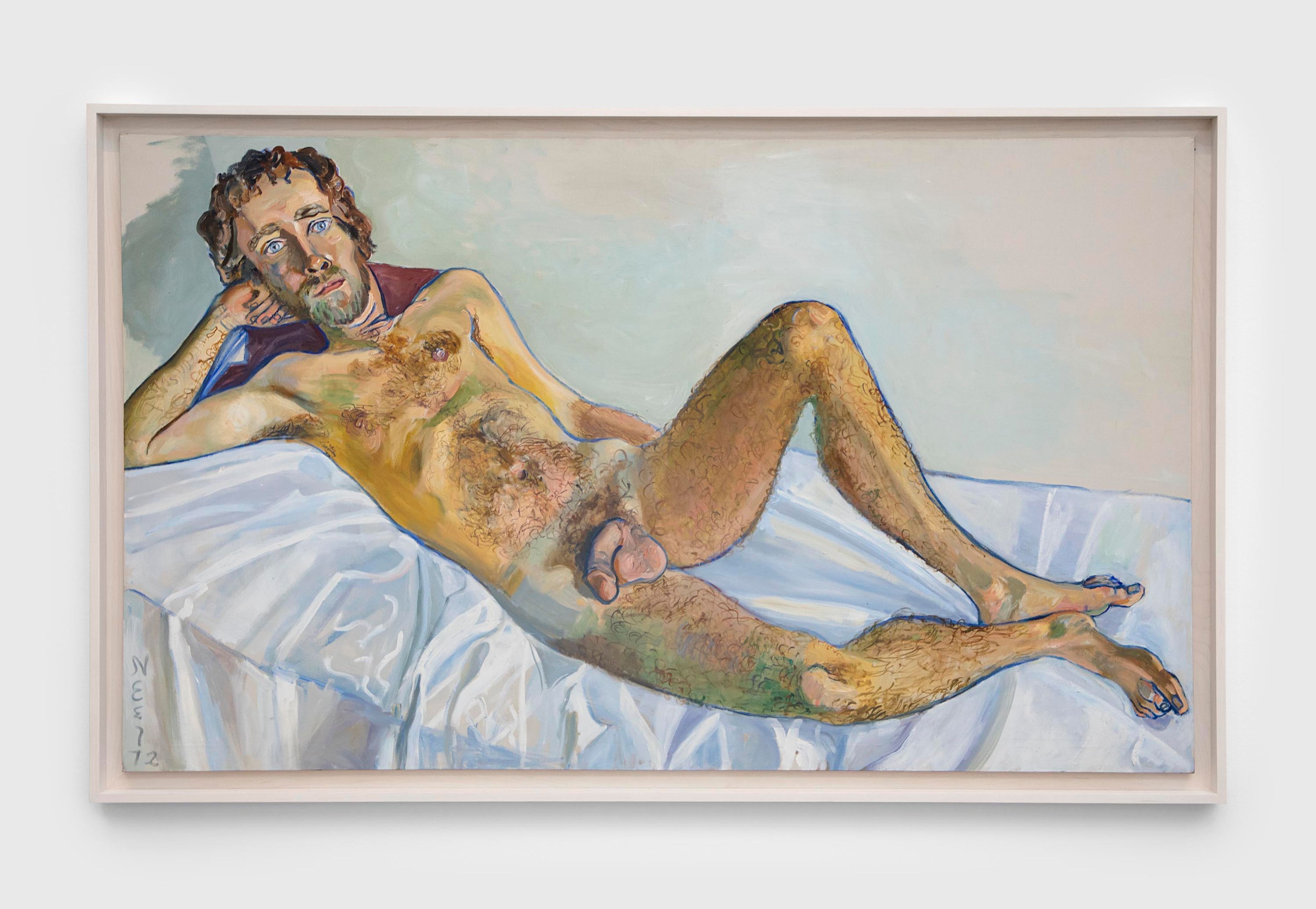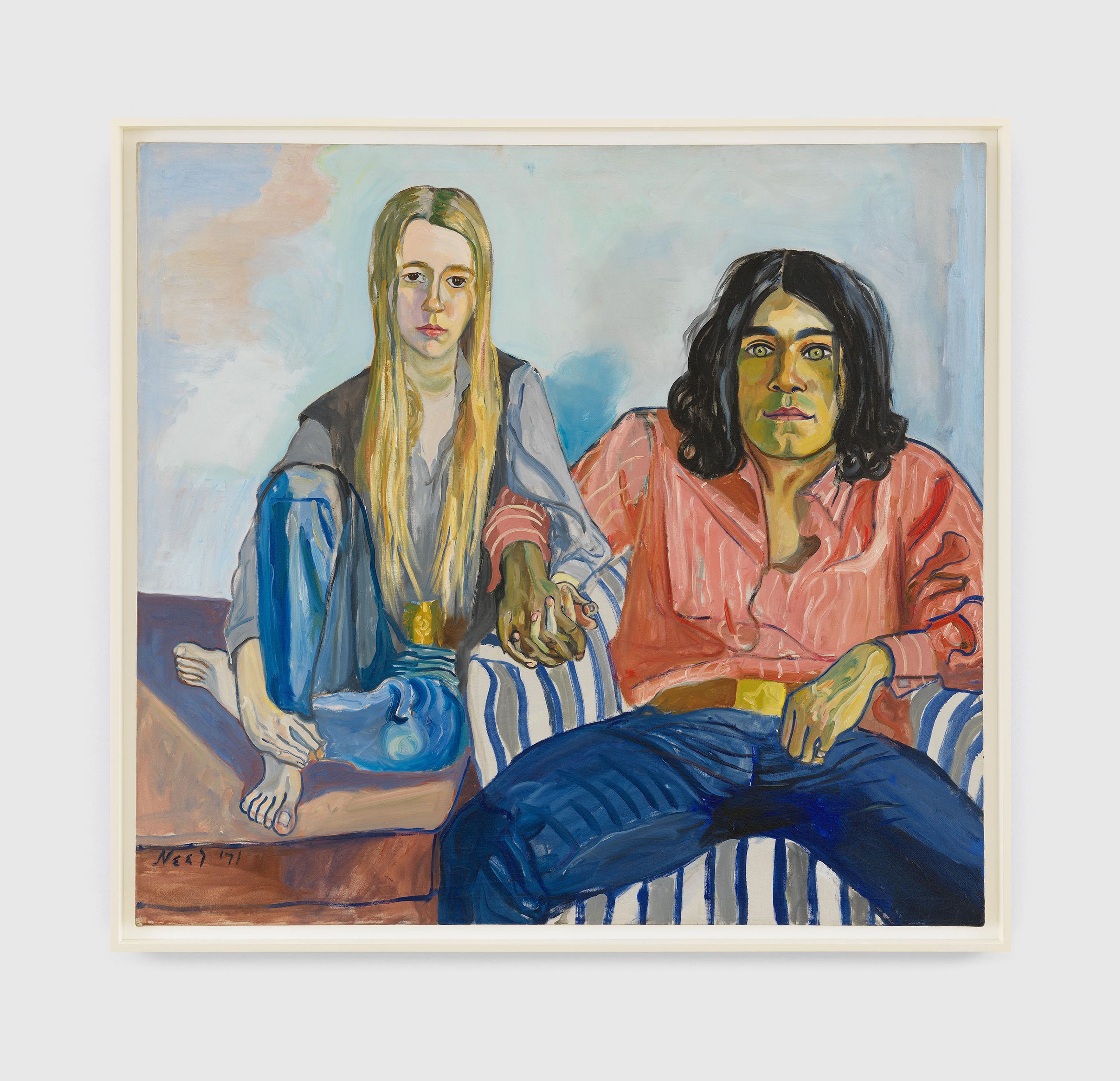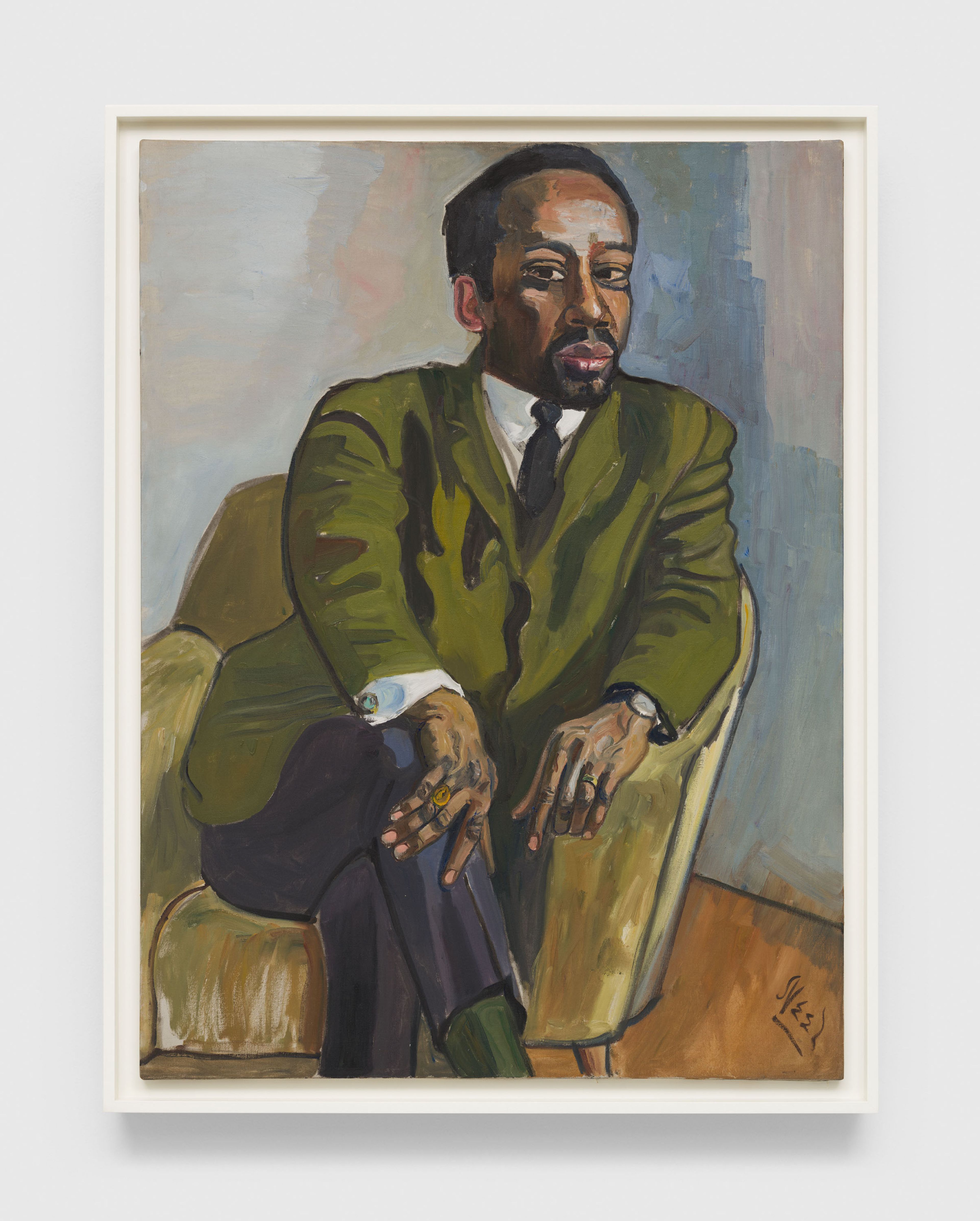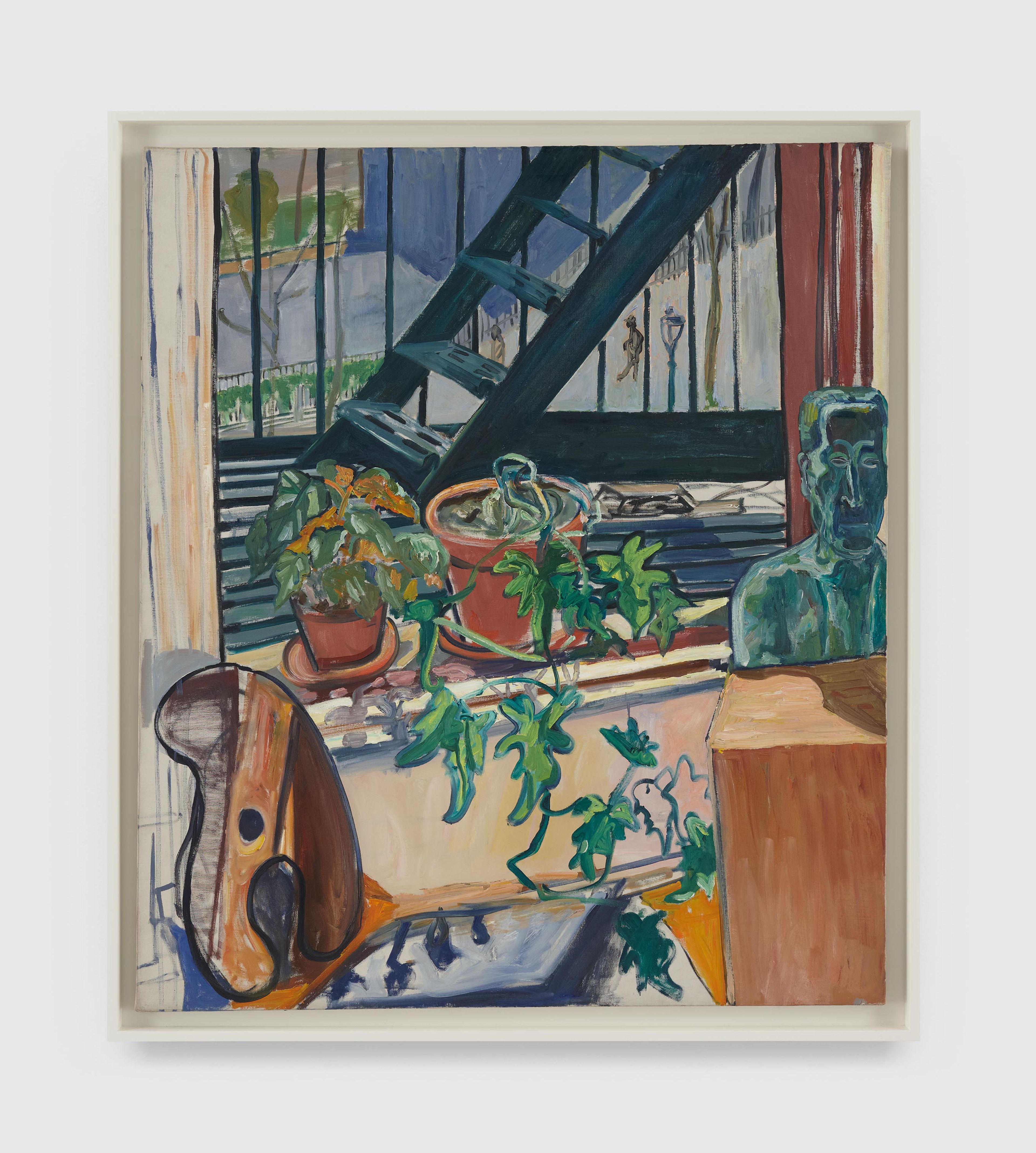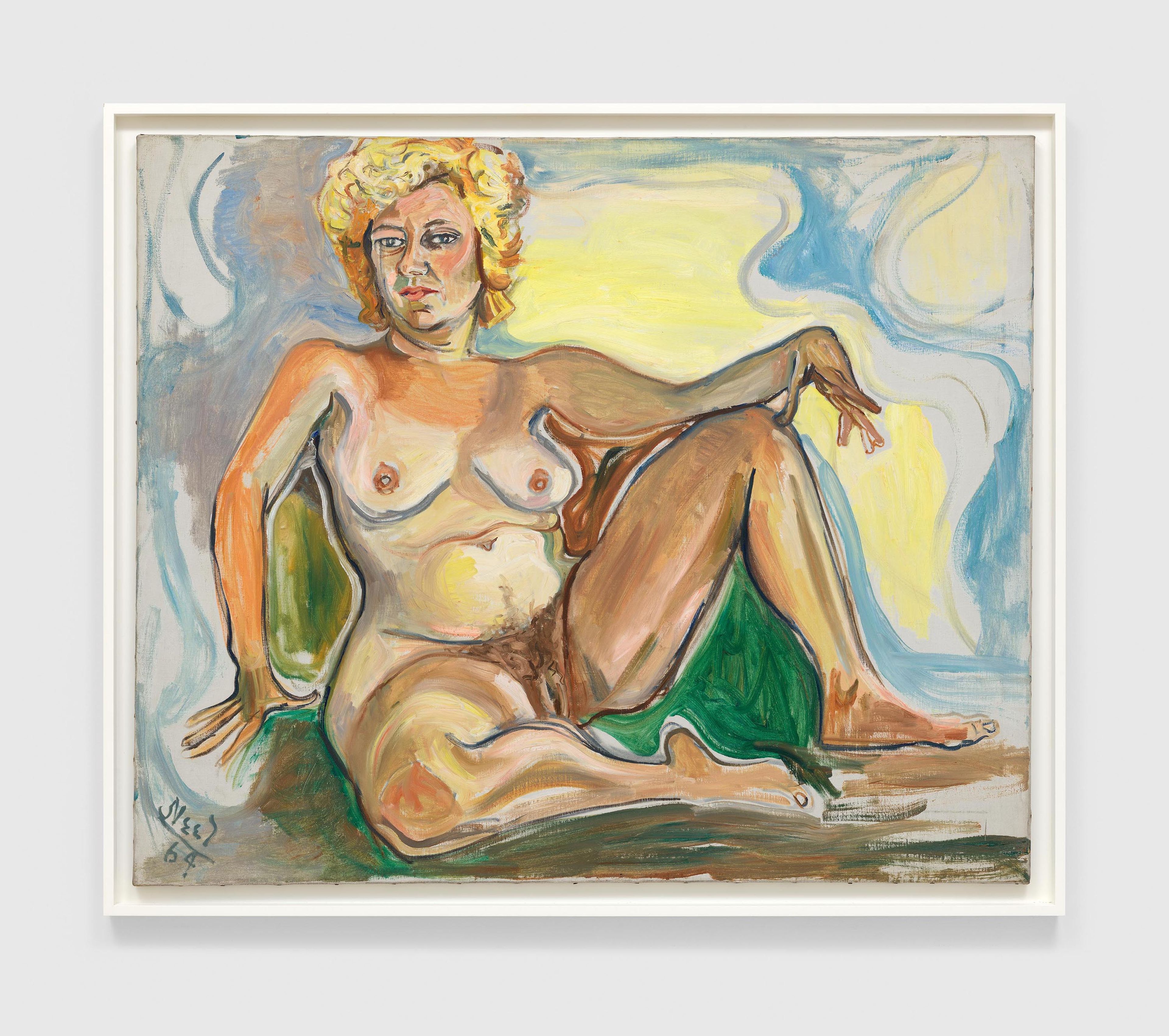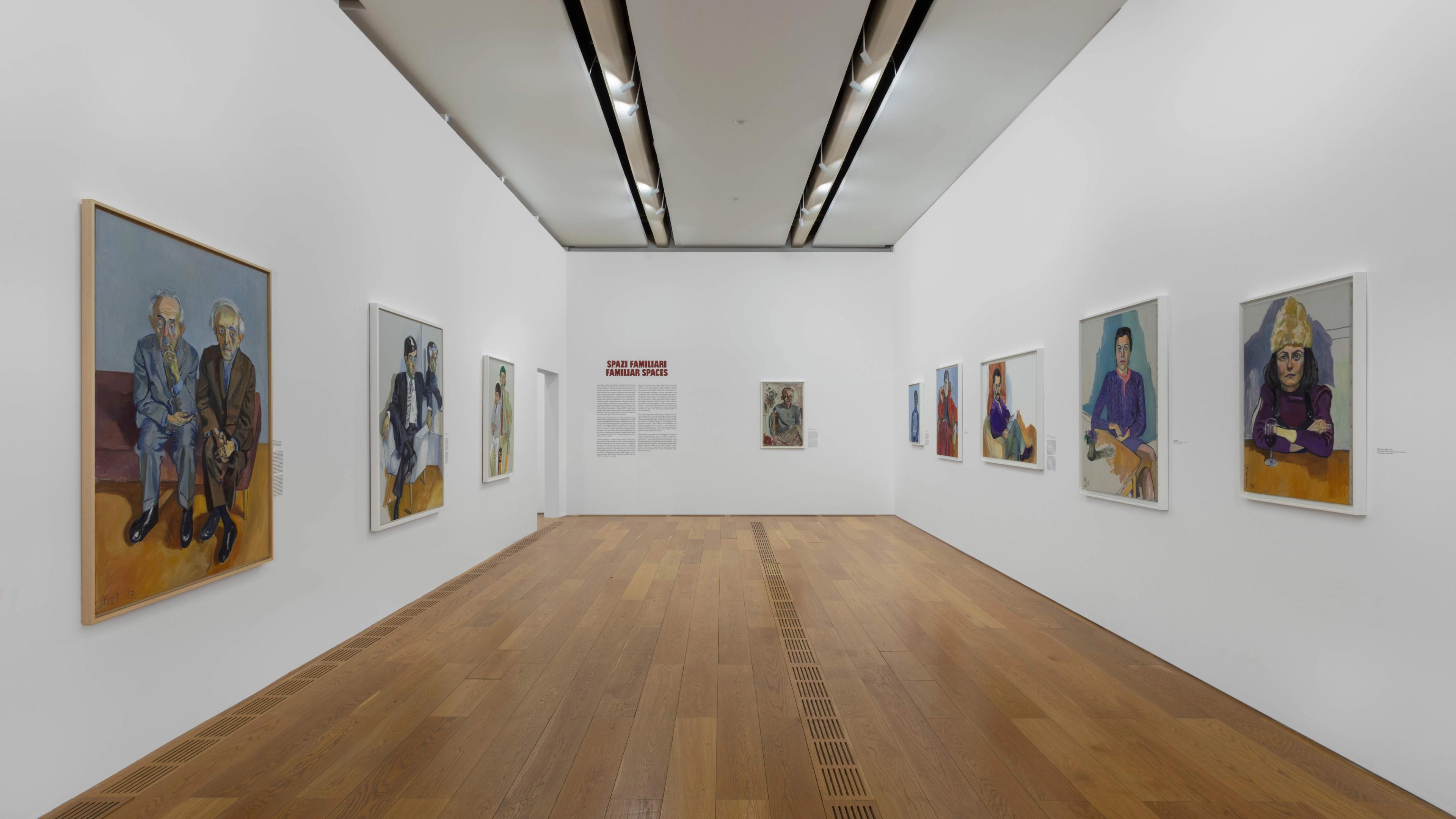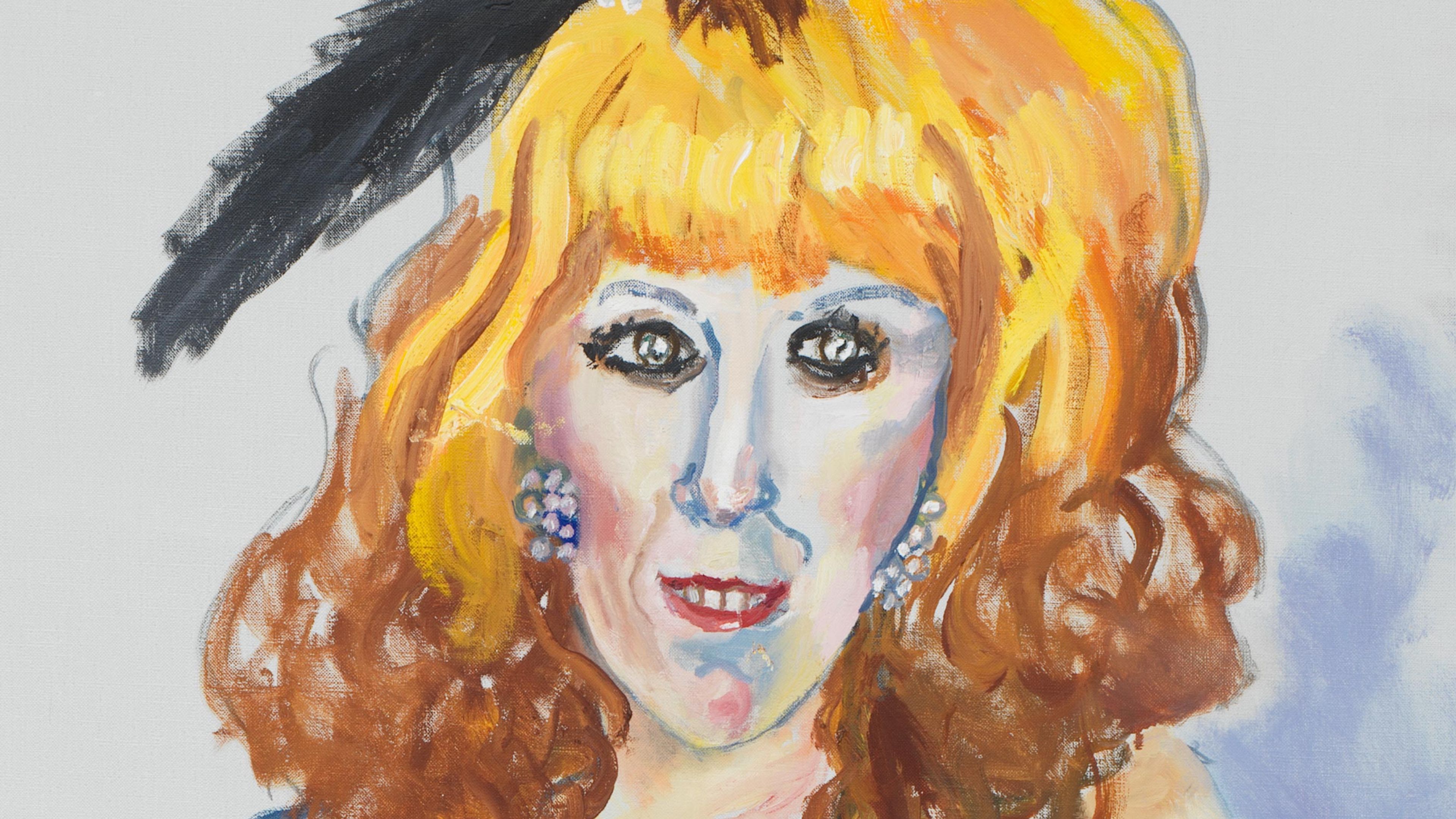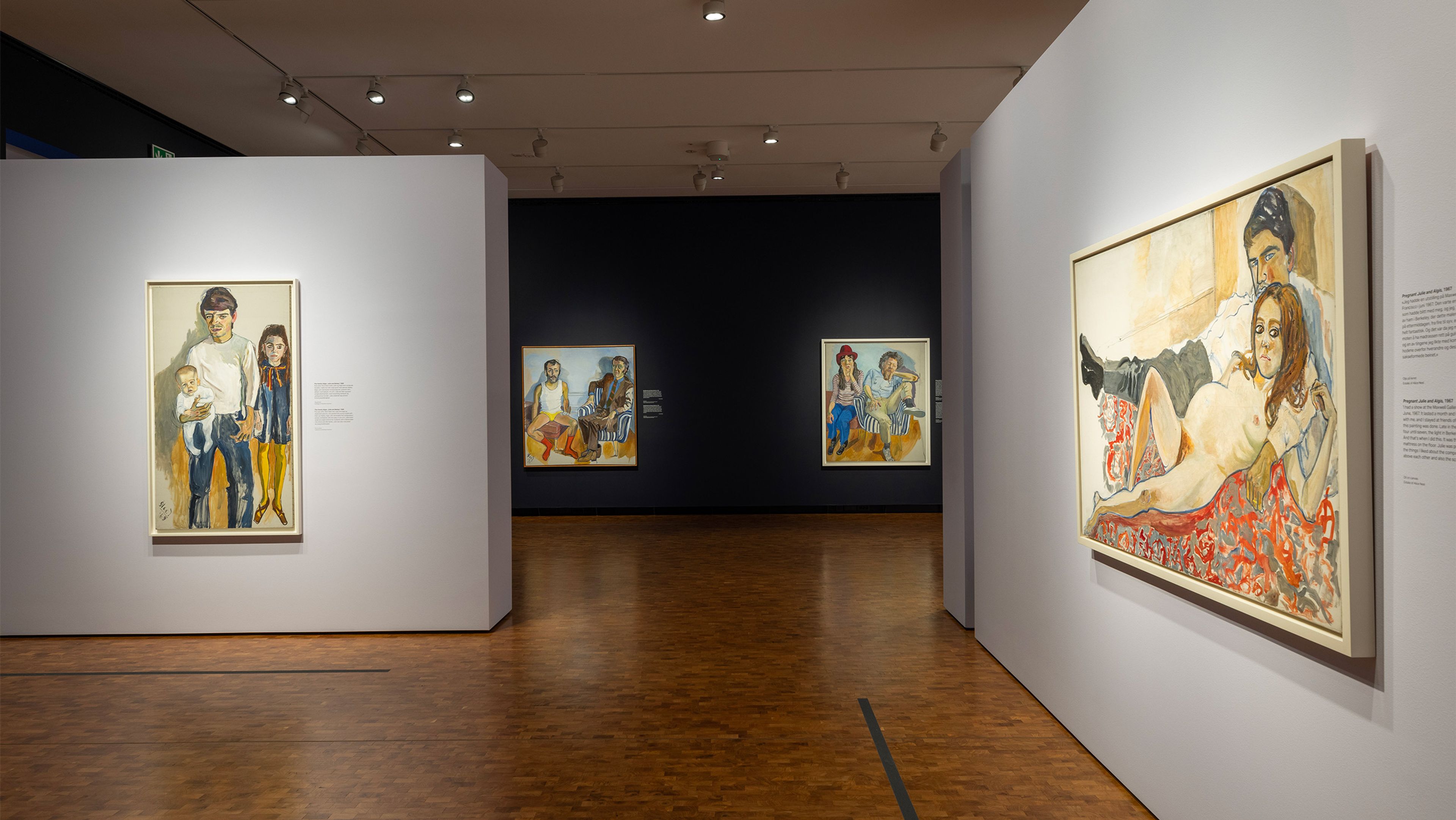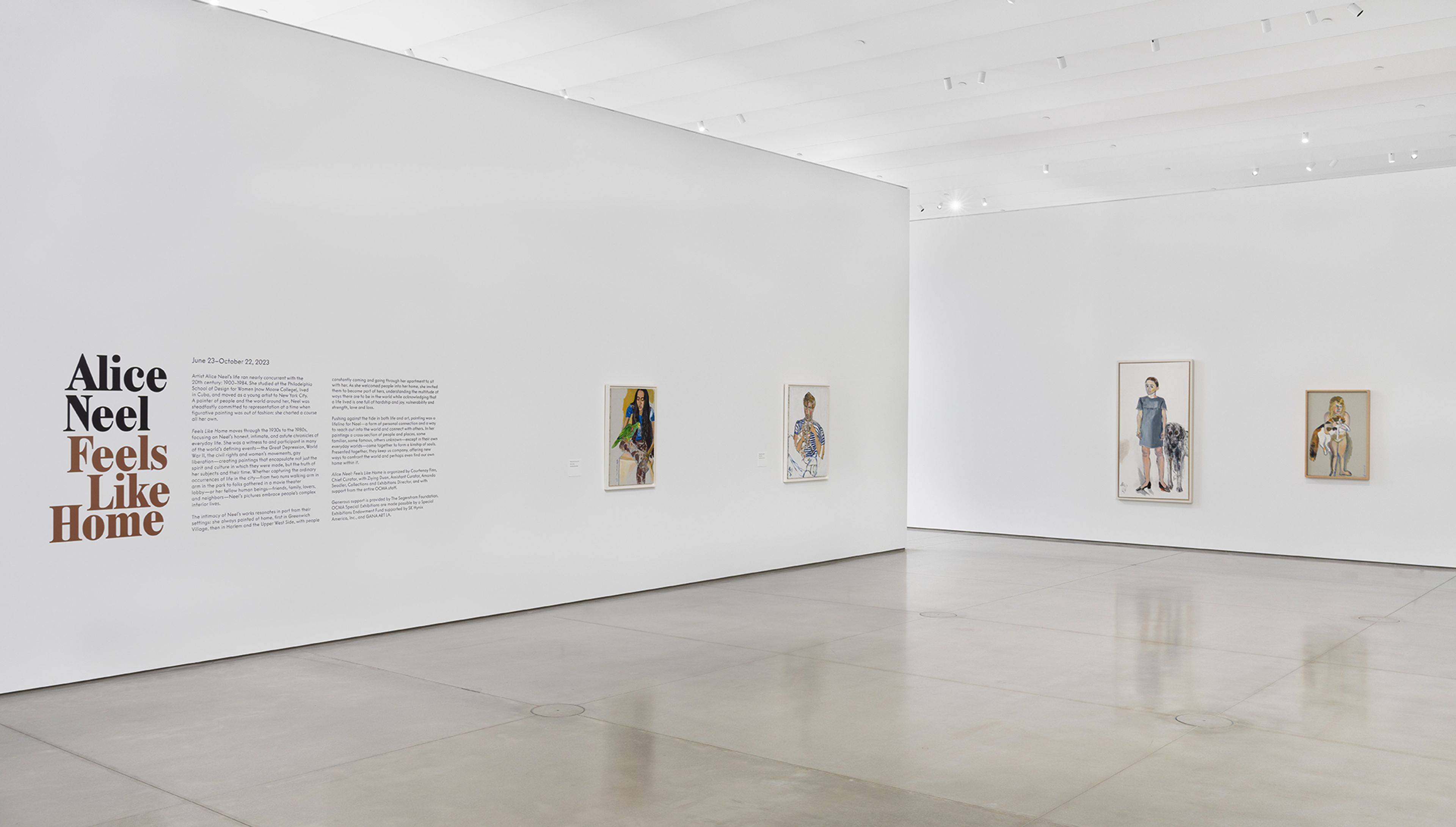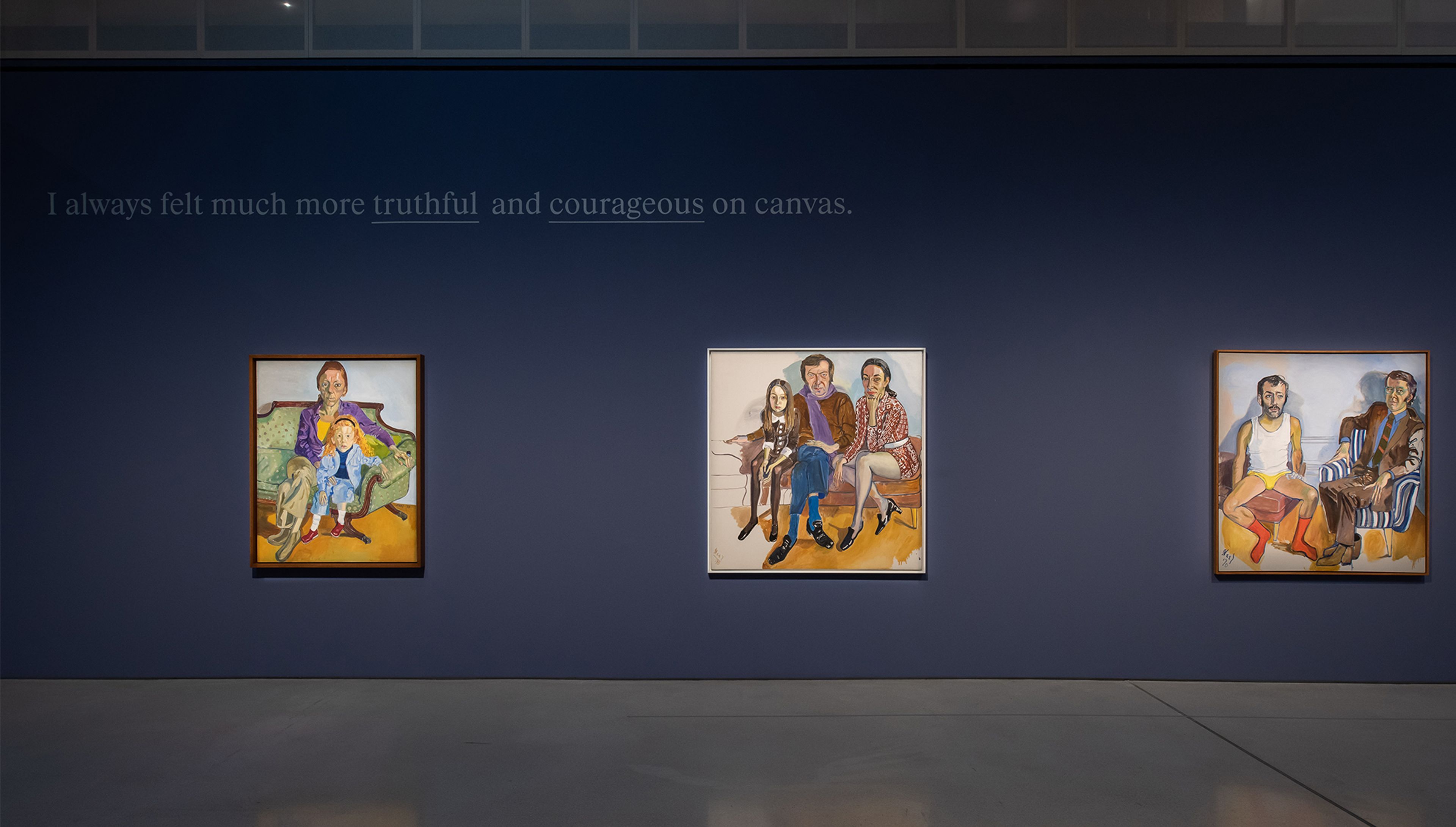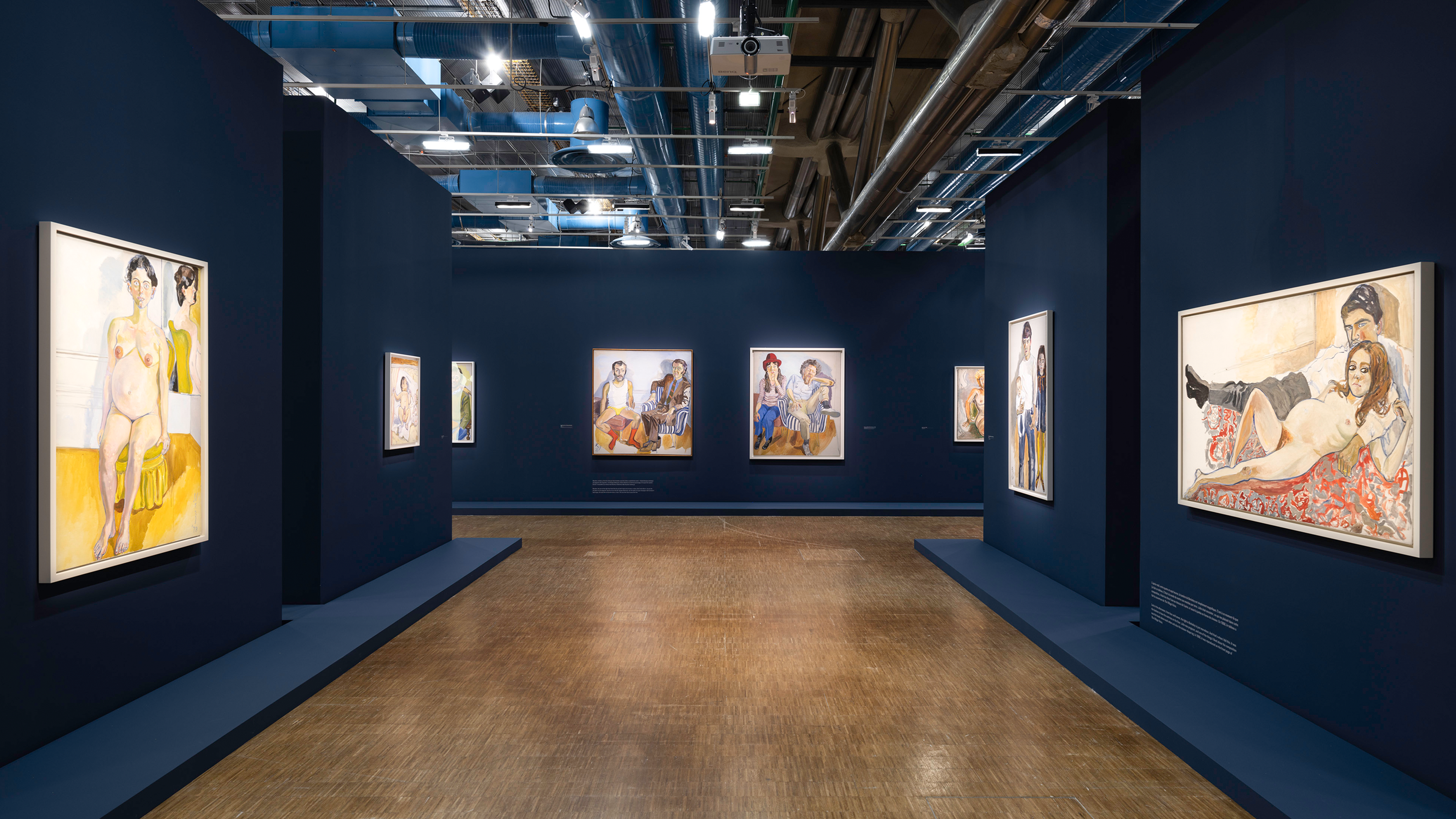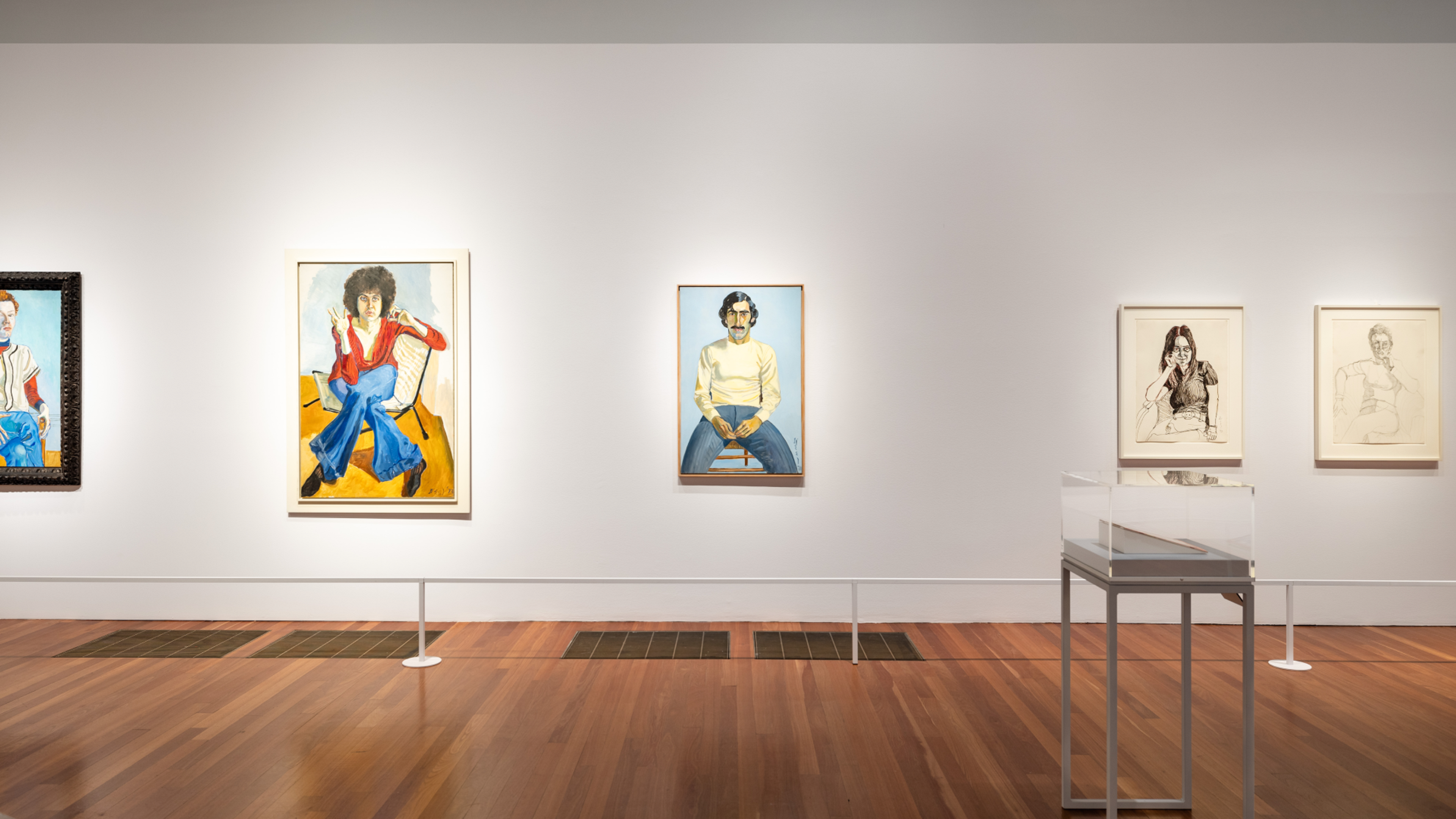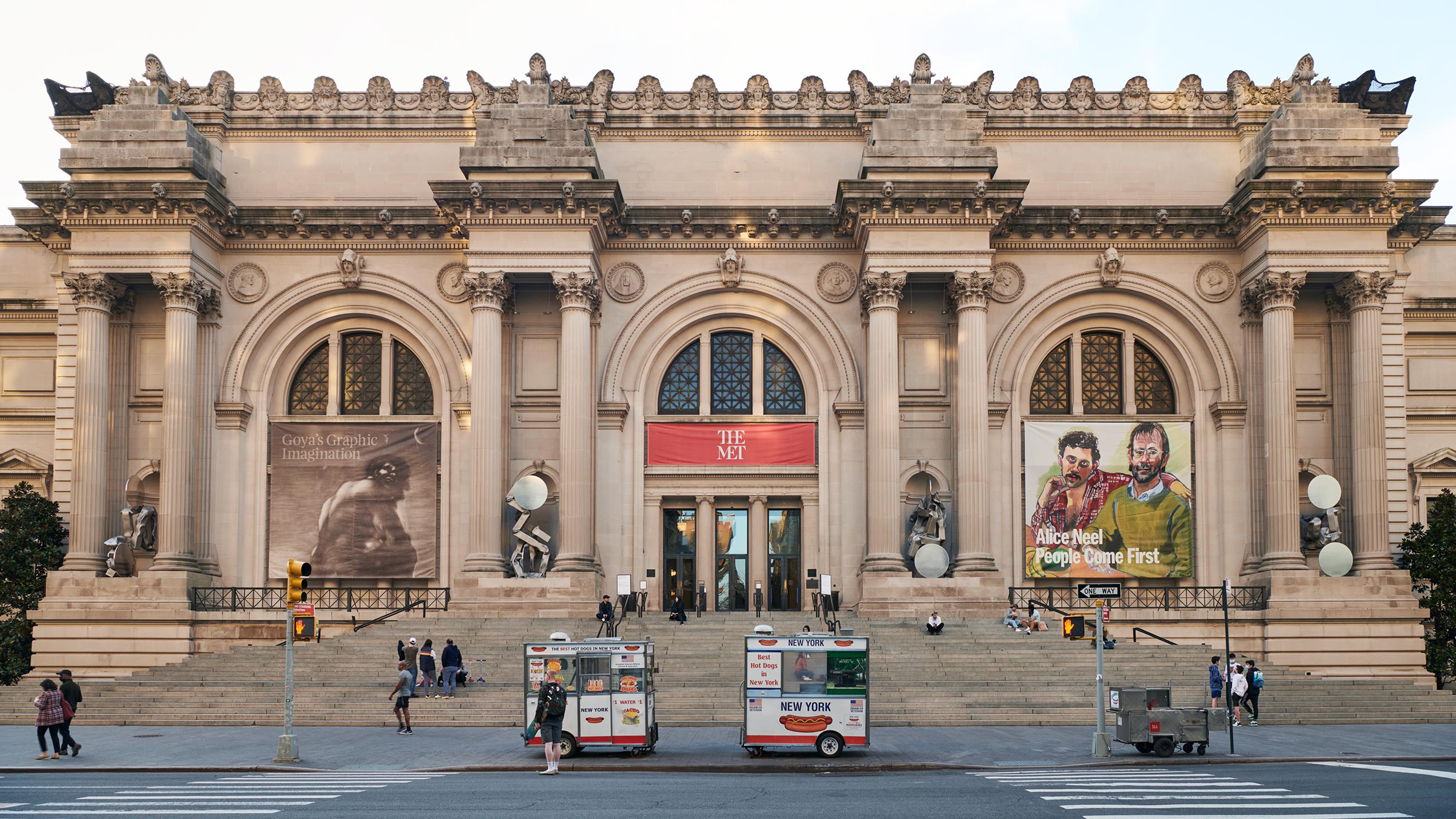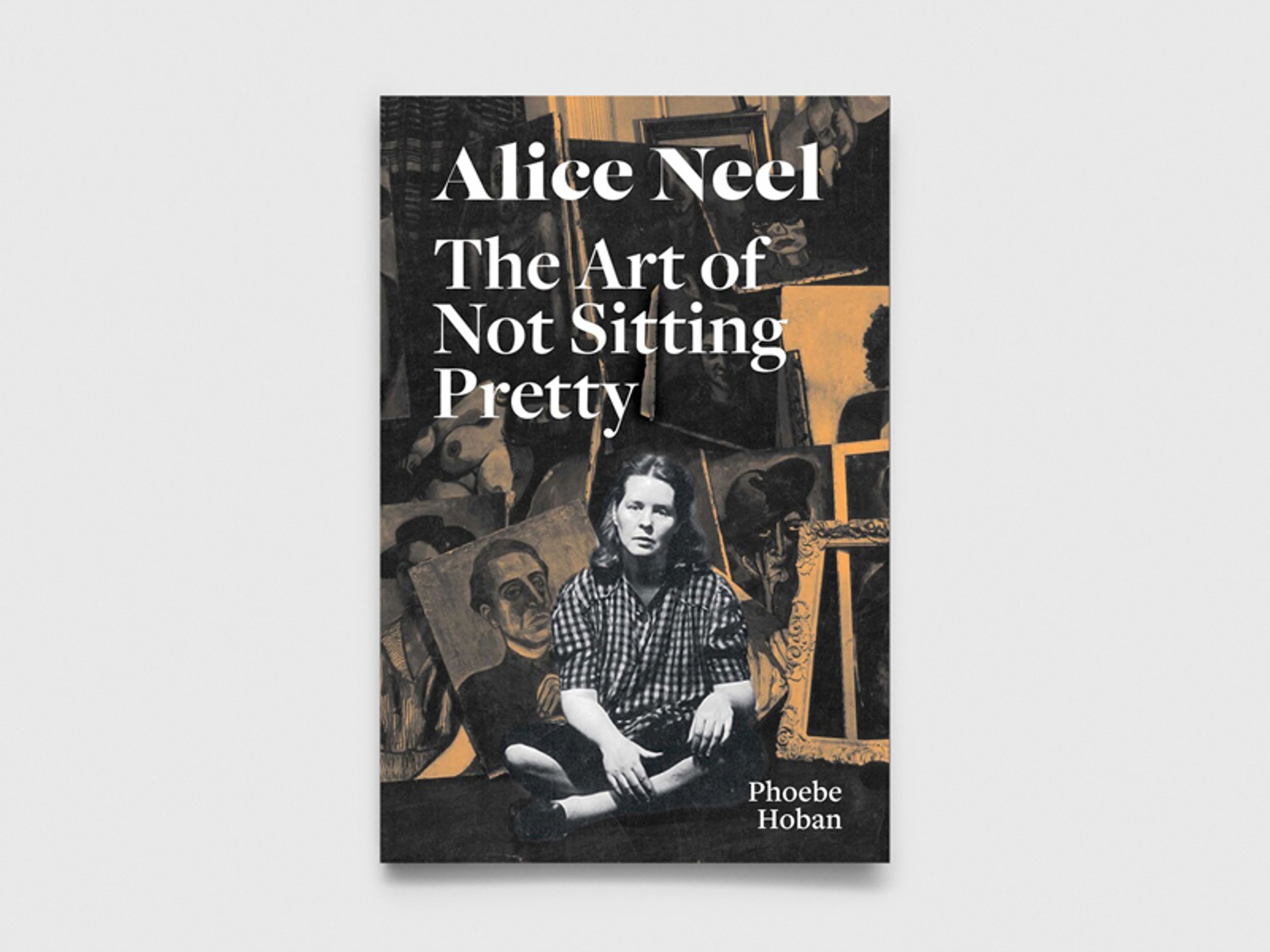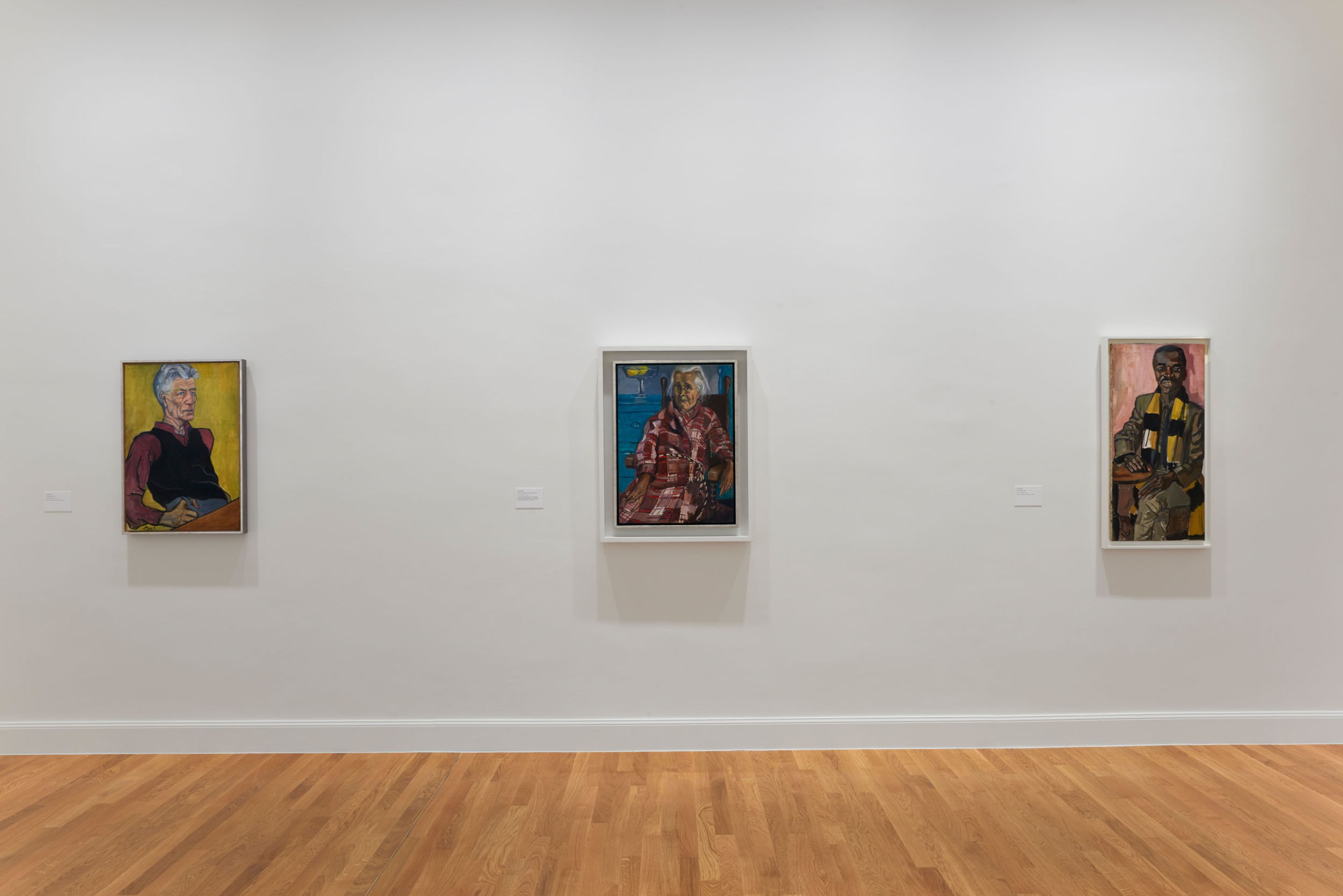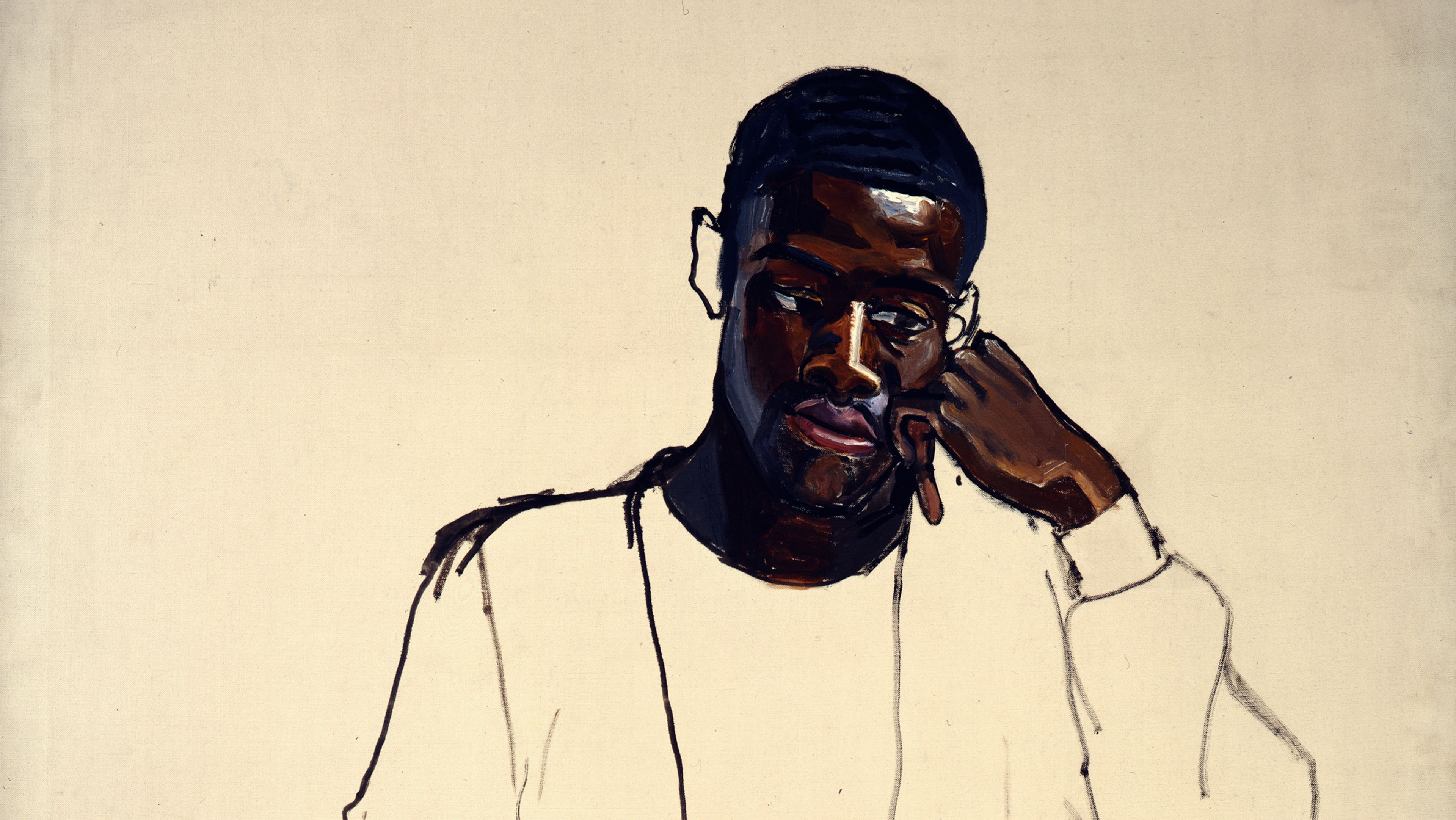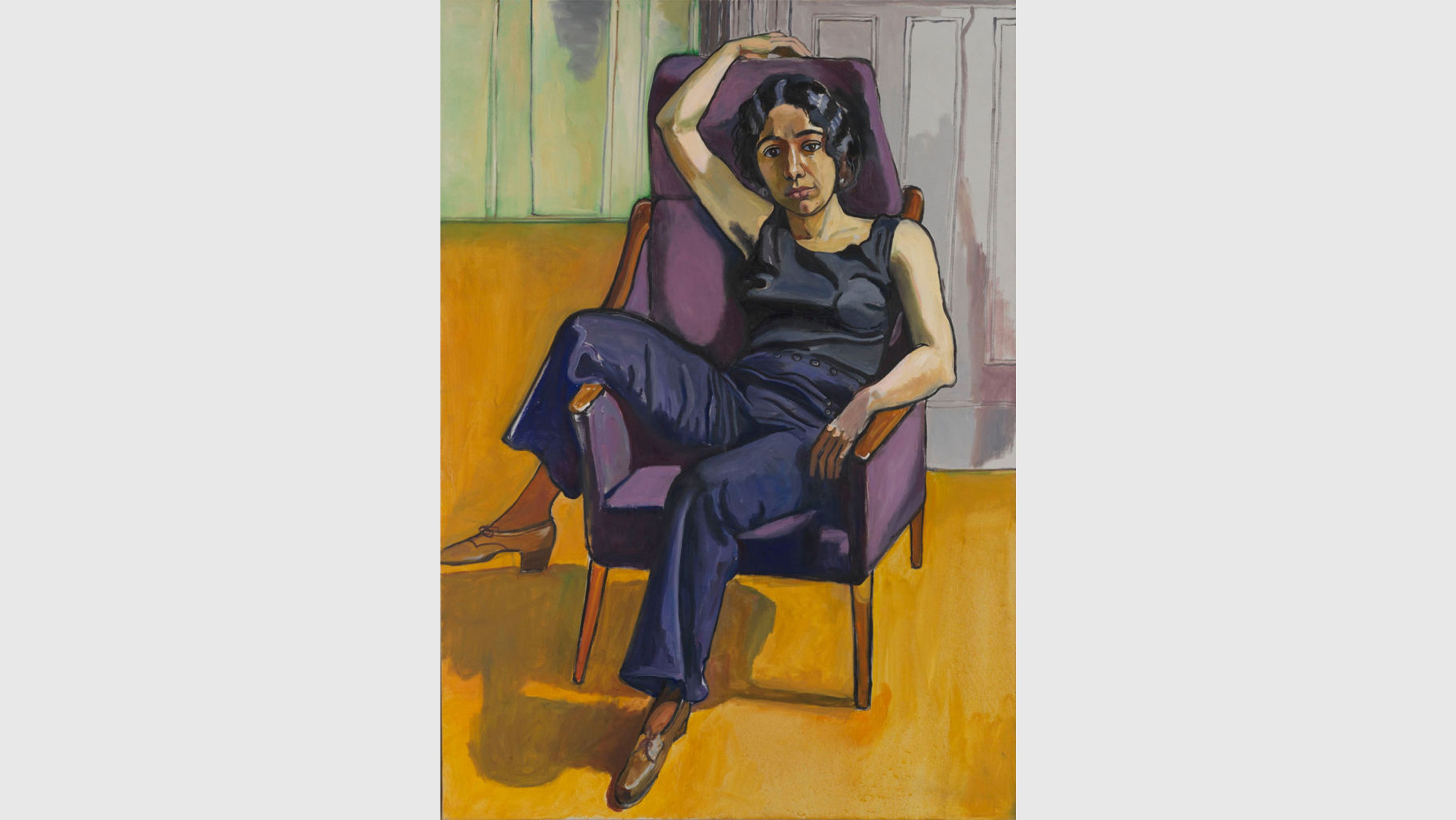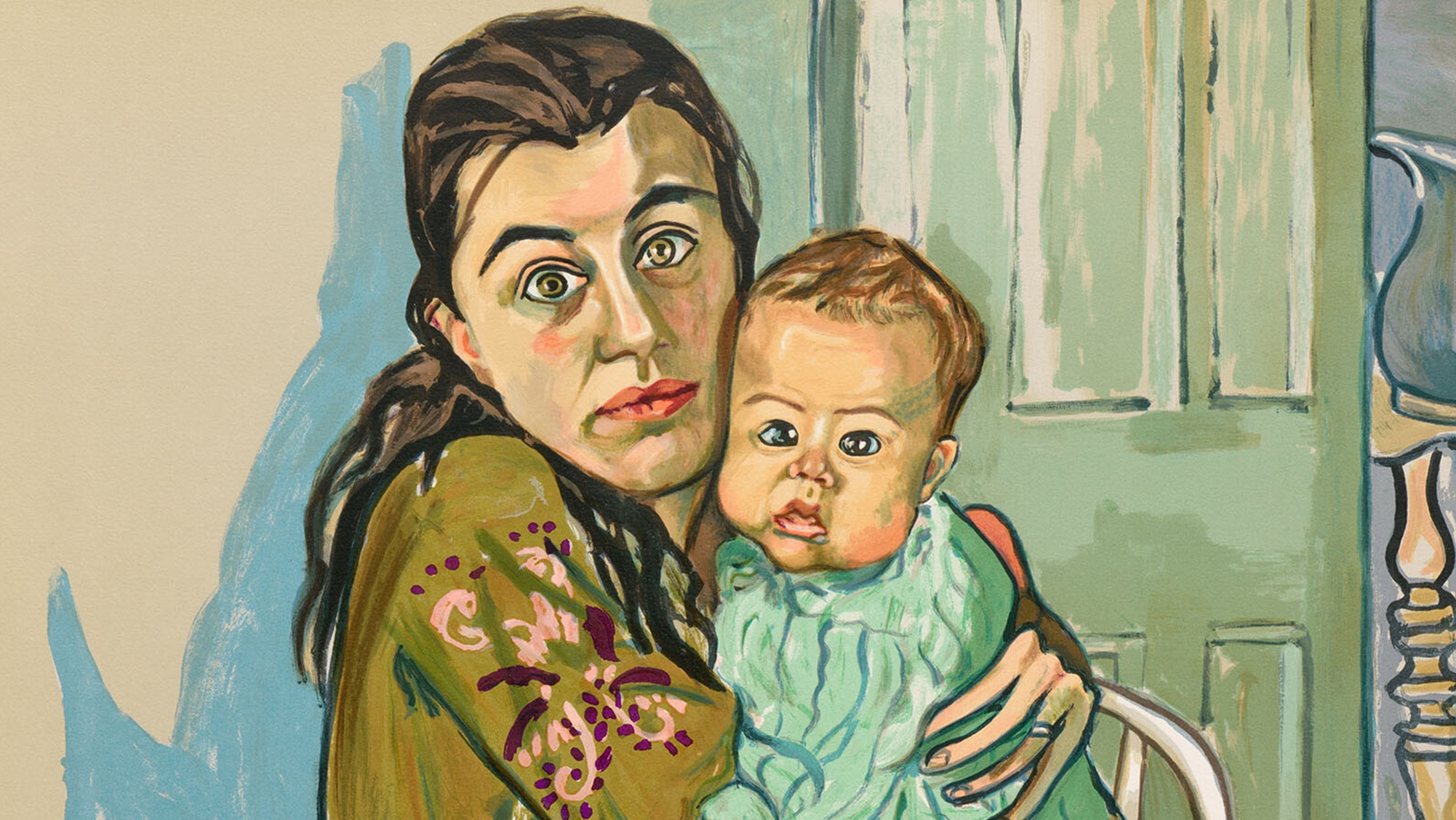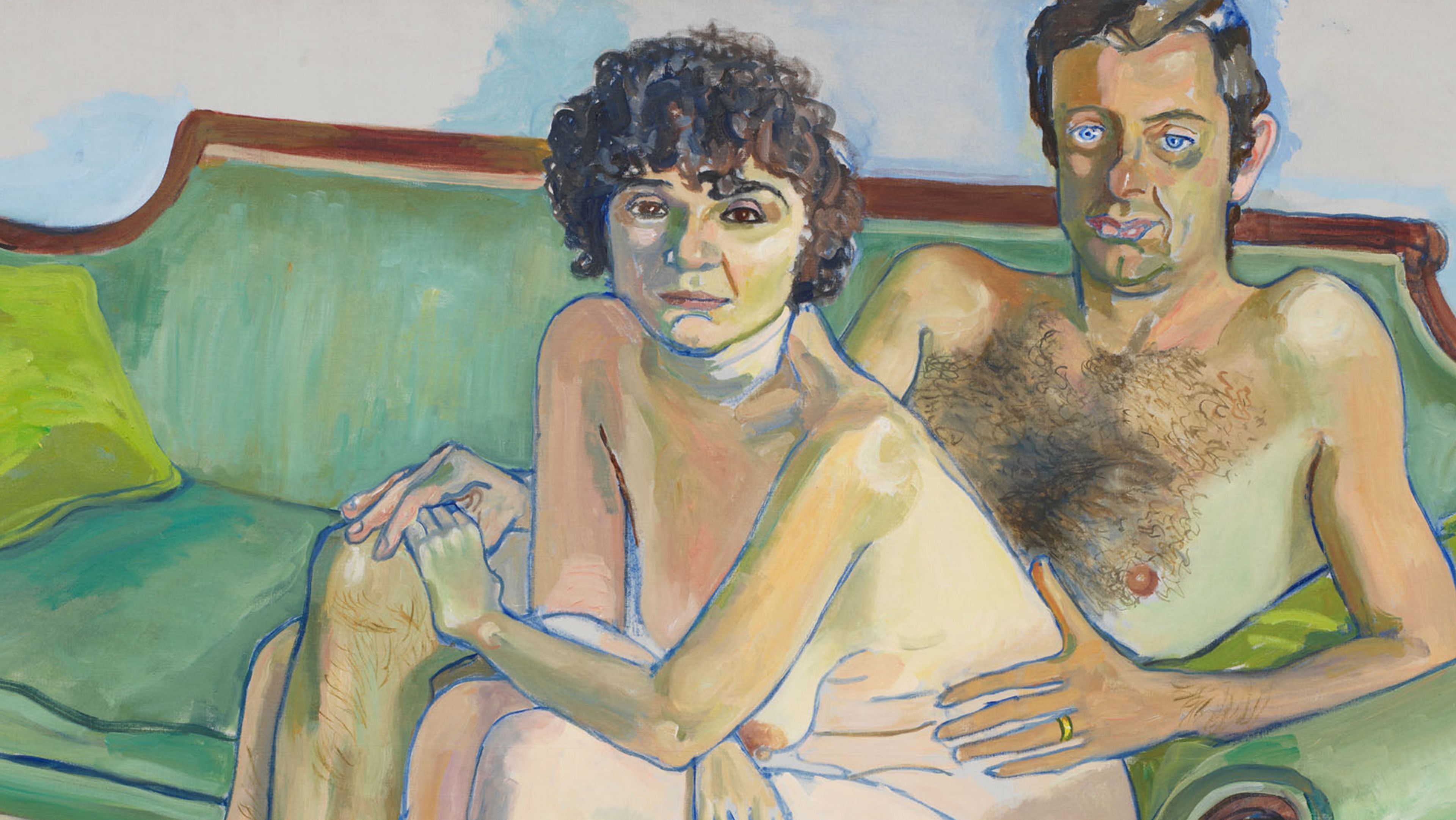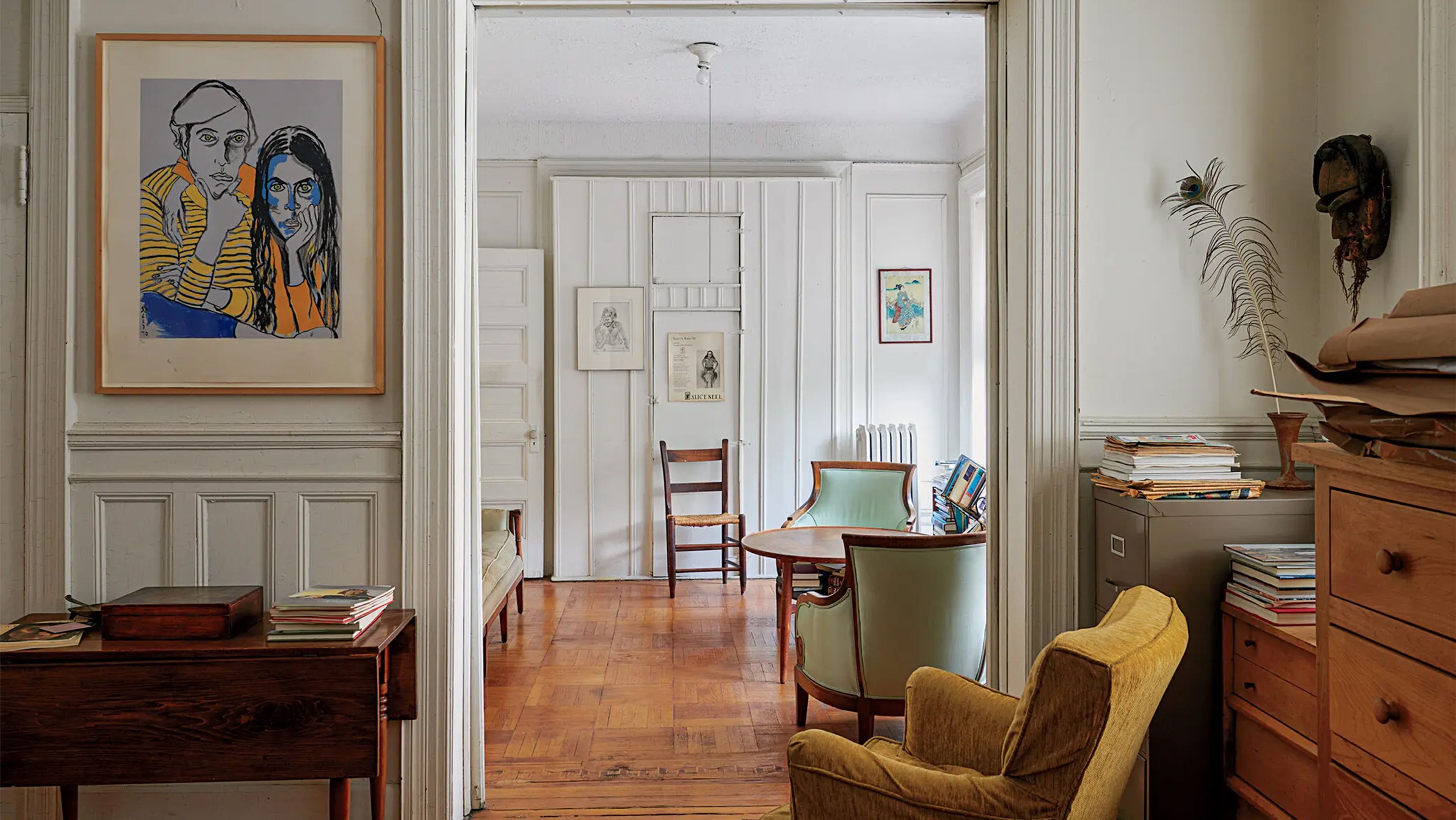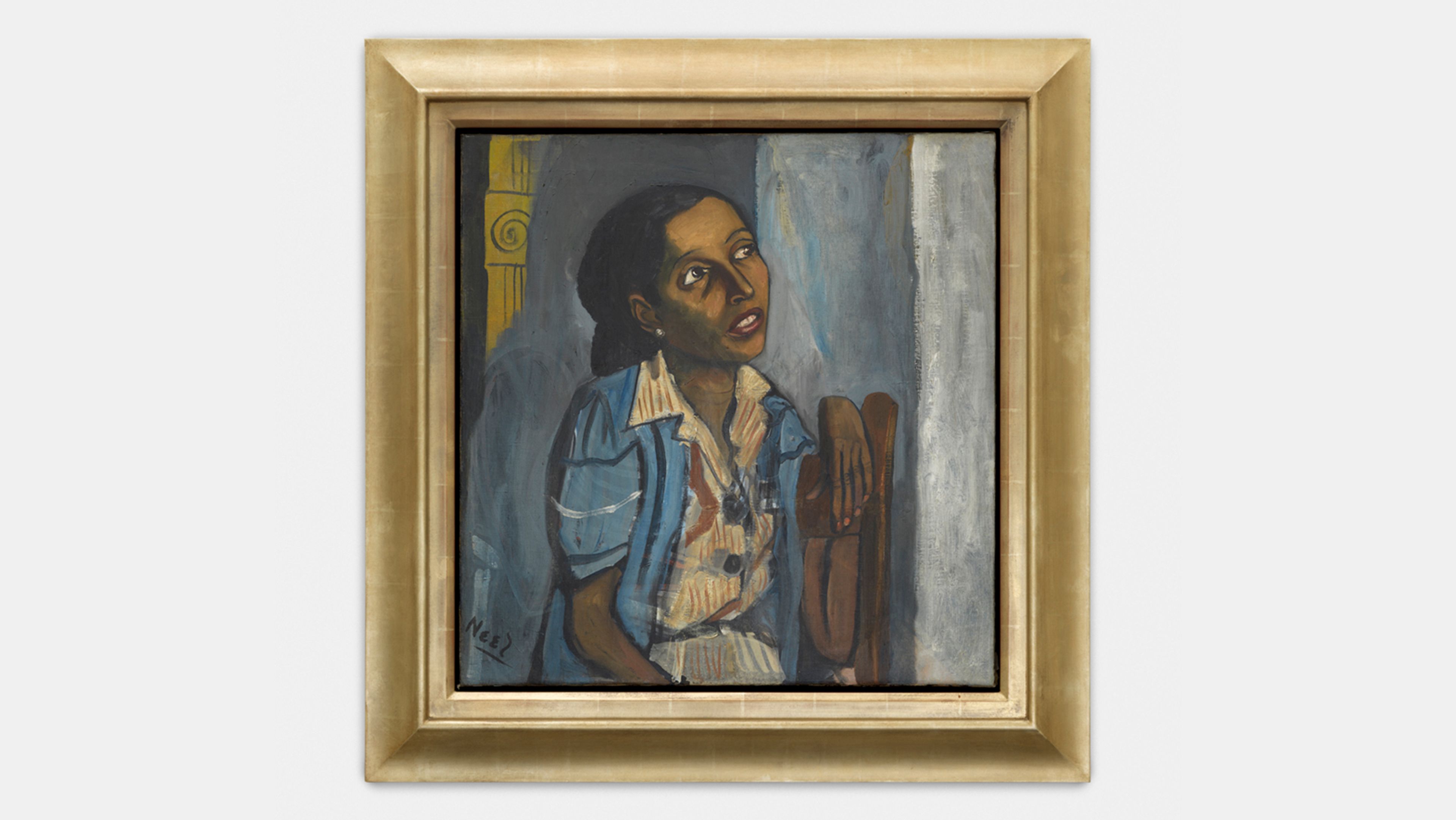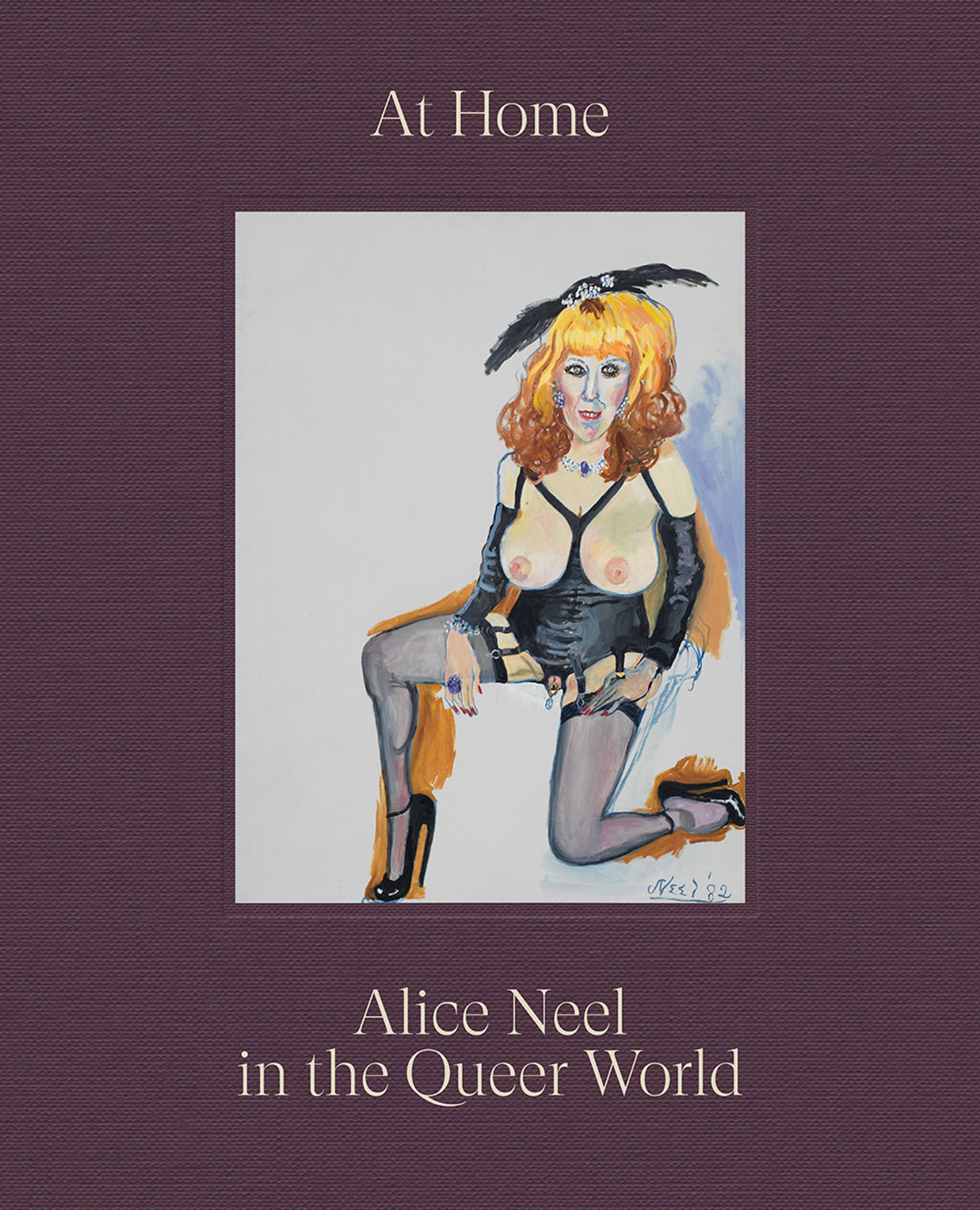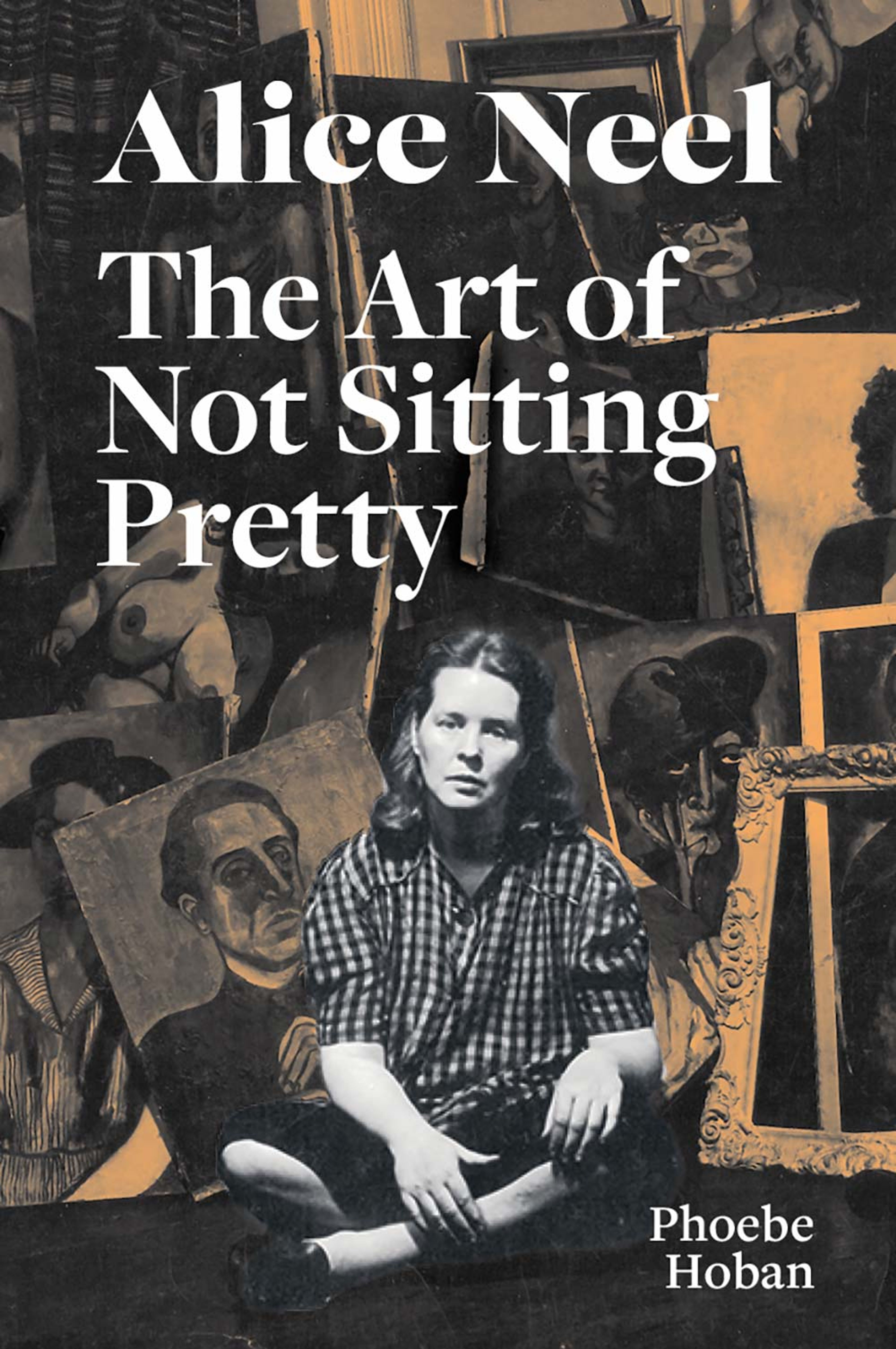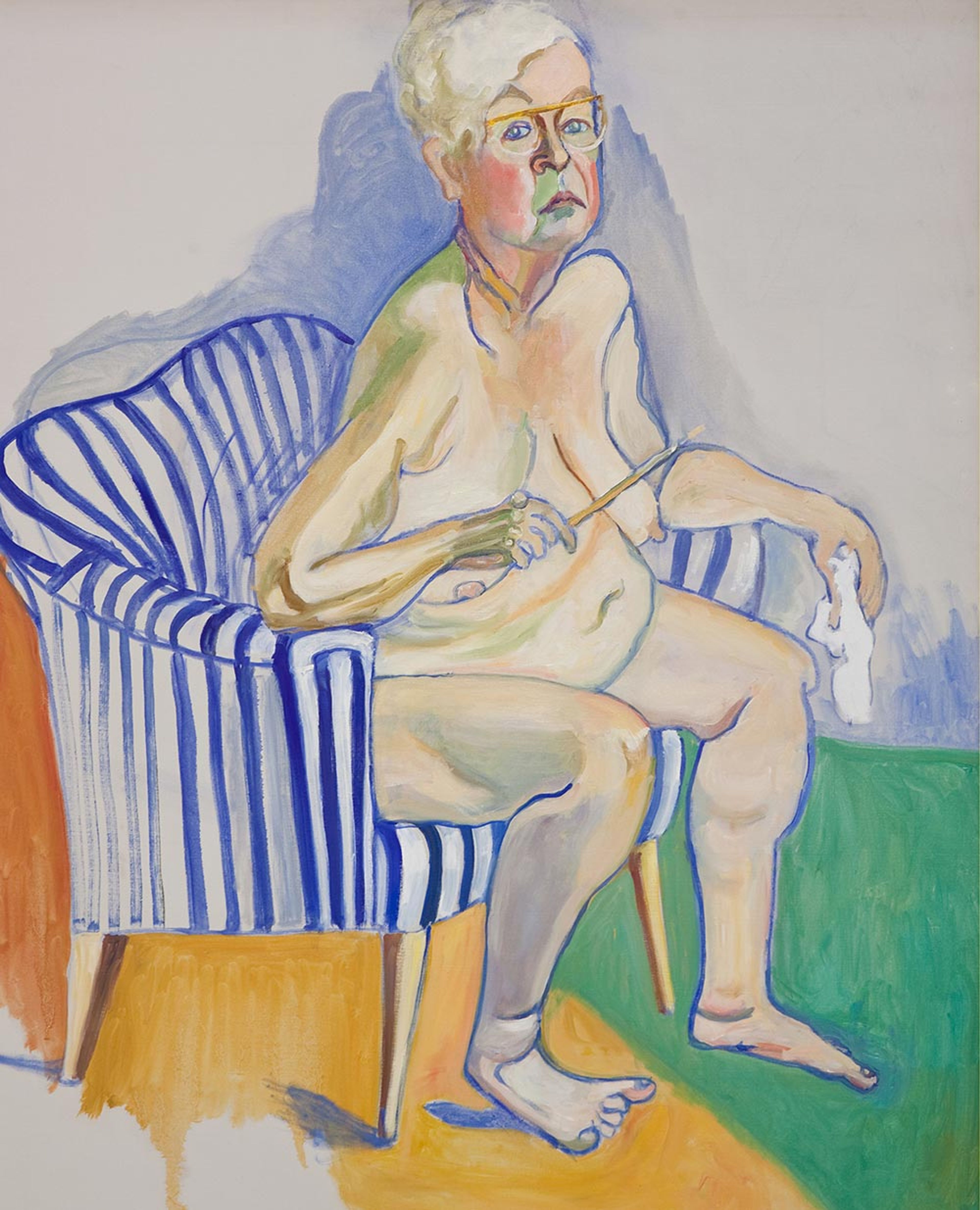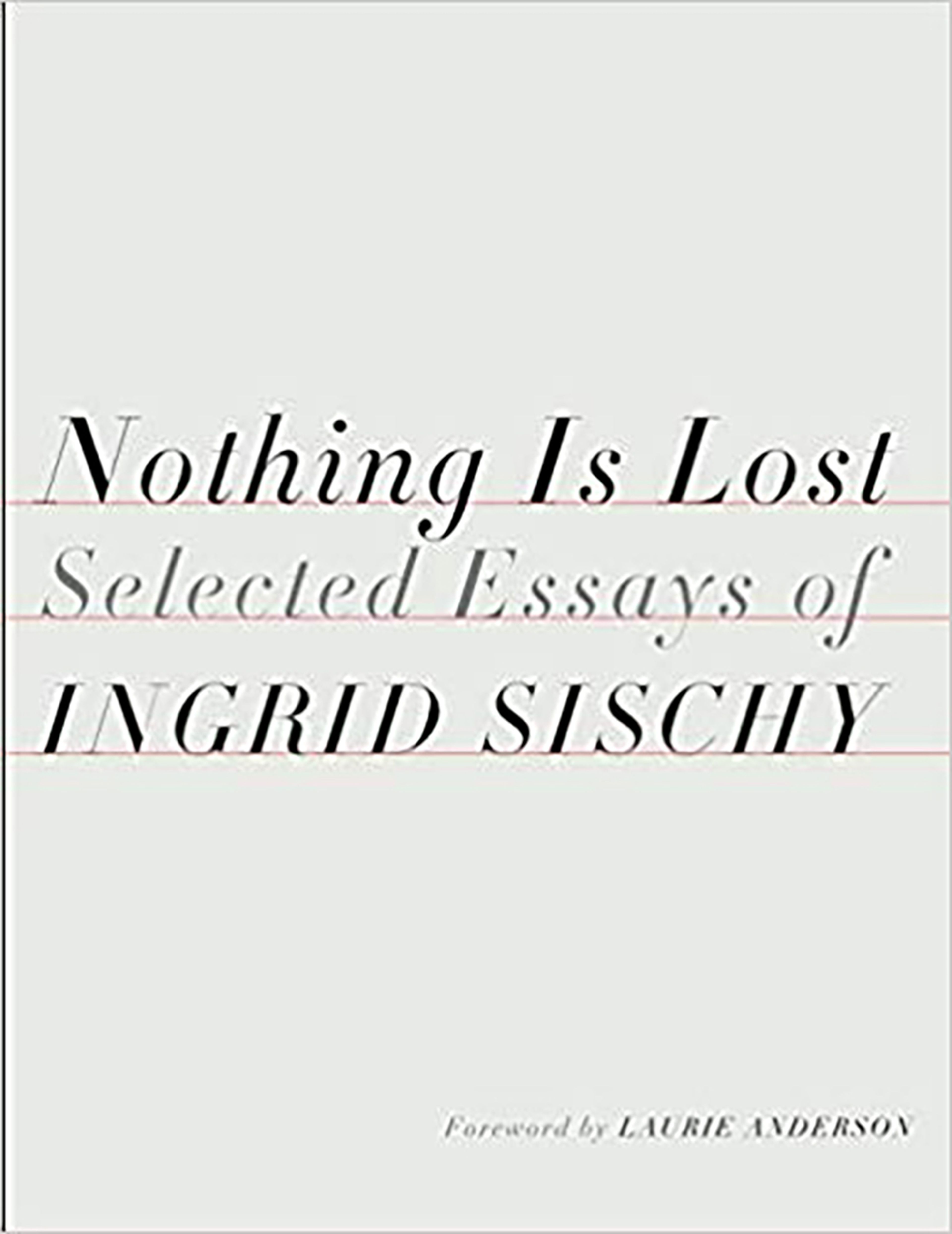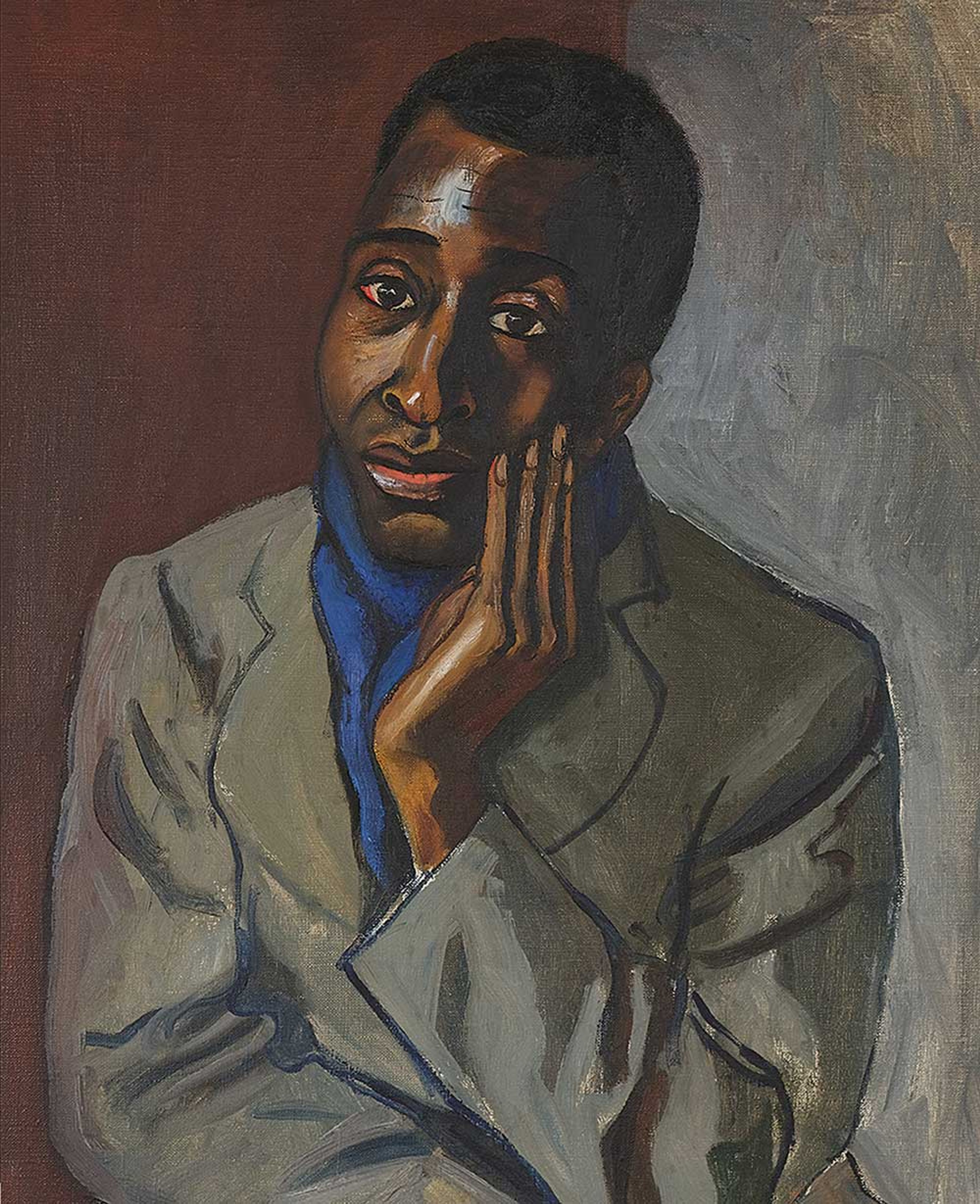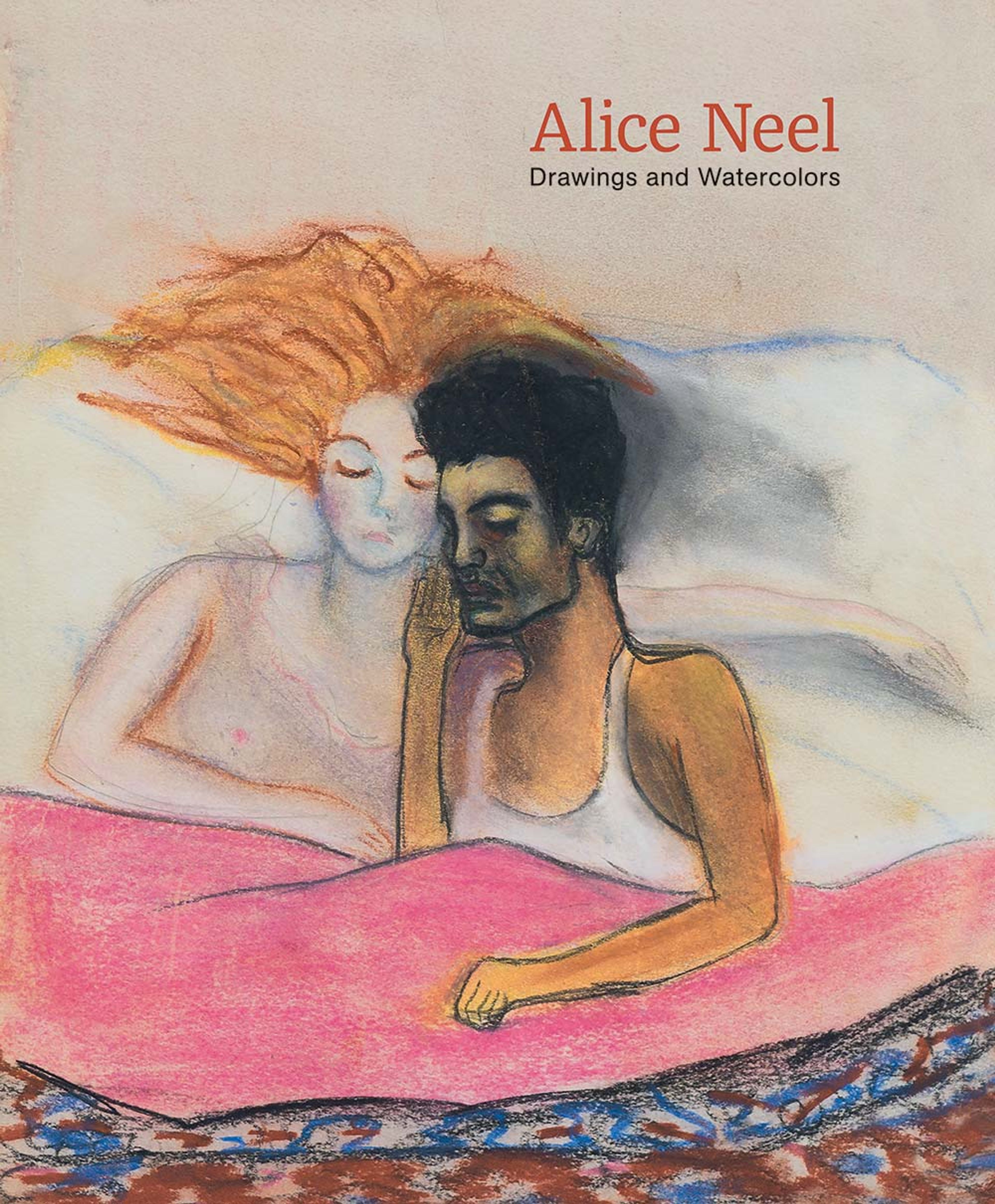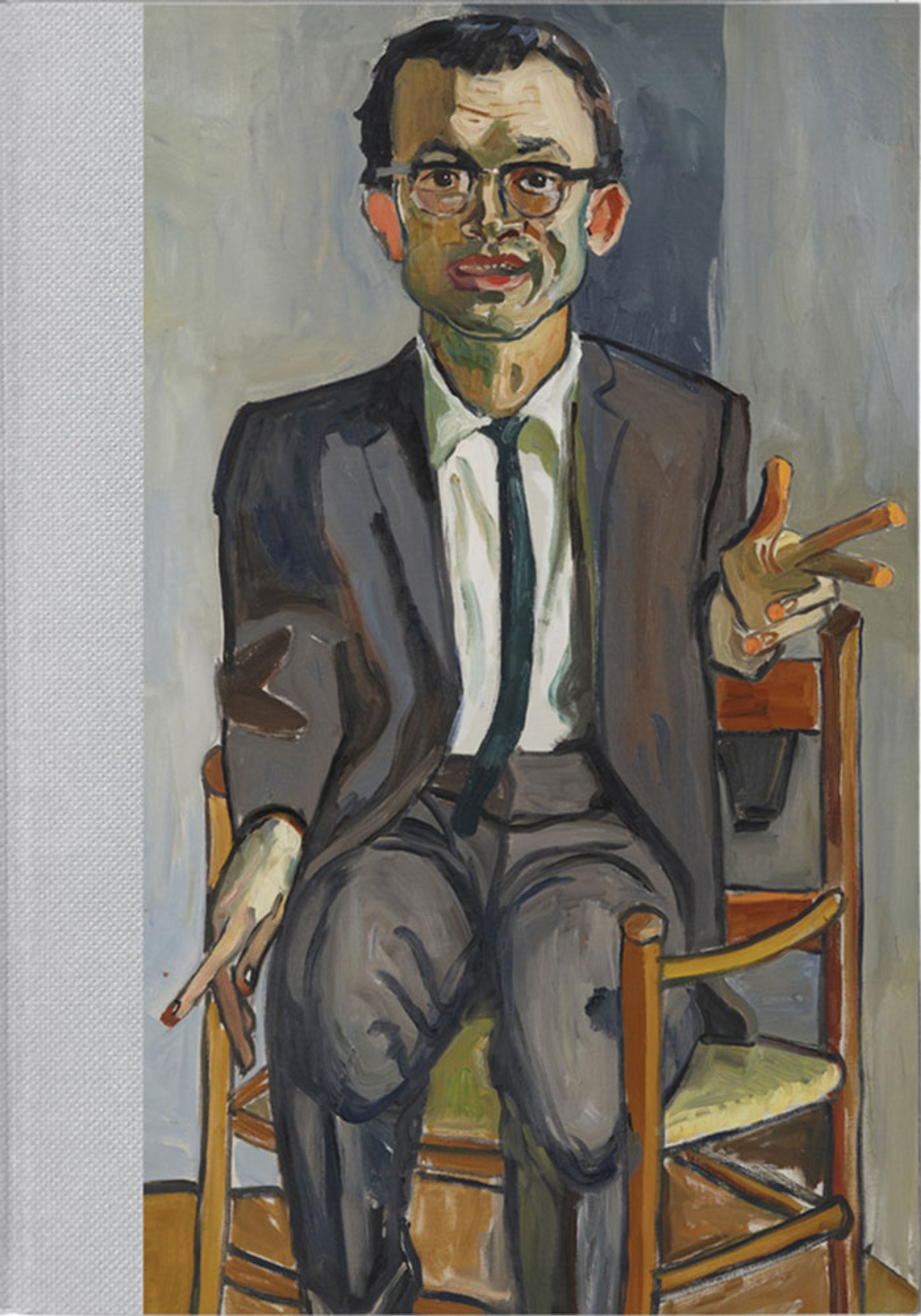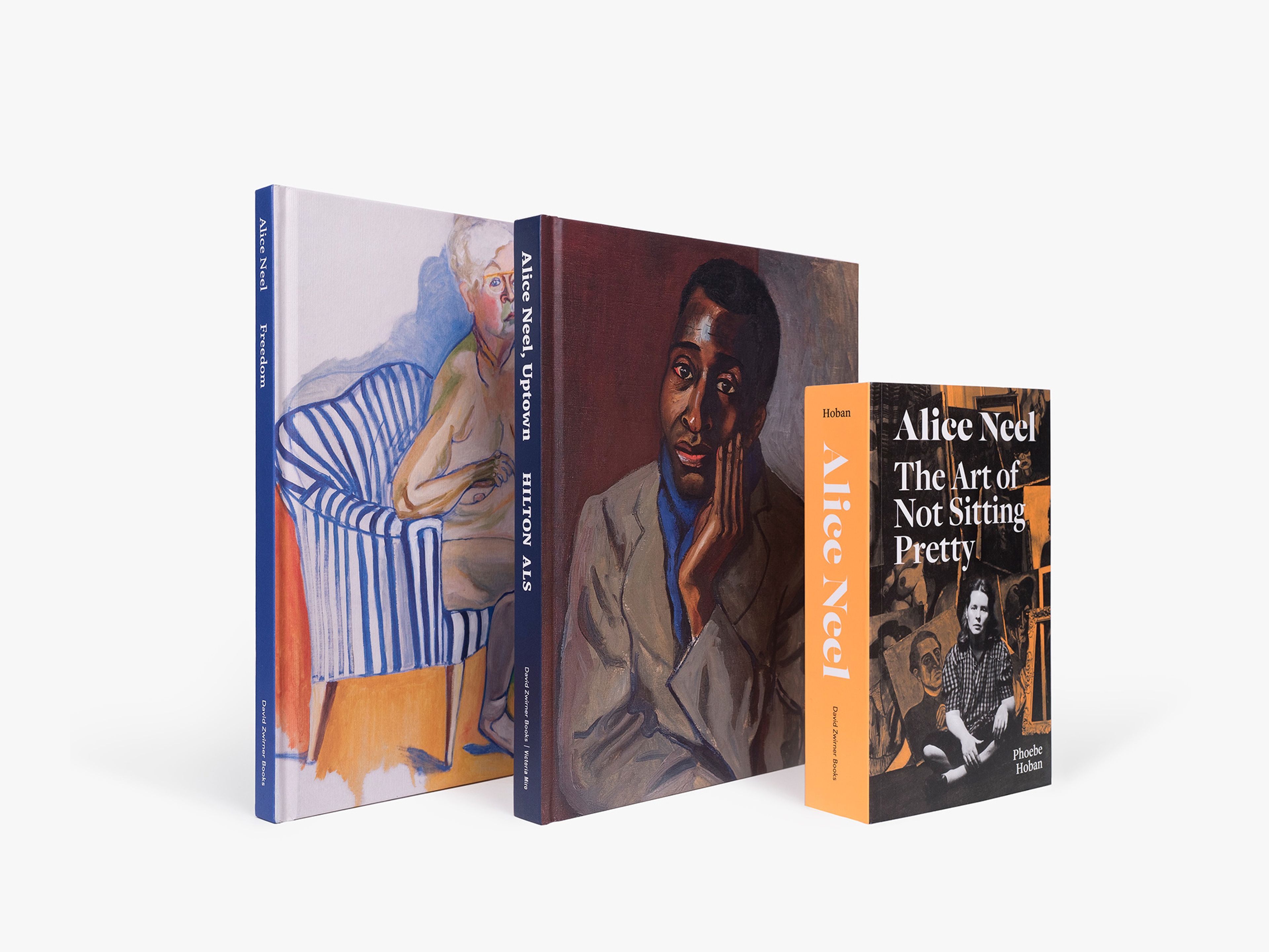Alice Neel
One of the foremost American artists of the twentieth century, Alice Neel (1900–1984) is known for her daringly honest, humanist approach to the figure. Working from life and memory, she painted writers, poets, artists, activists, family, friends, and others around her with unfazed accuracy, honesty, and compassion. Calling herself a "collector of souls," Neel is acclaimed for not only capturing the truth of the individual, but also reflecting the era in which she lived.
Learn MoreSurvey
Exhibitions

Explore Exhibitions
Artist News
Biography
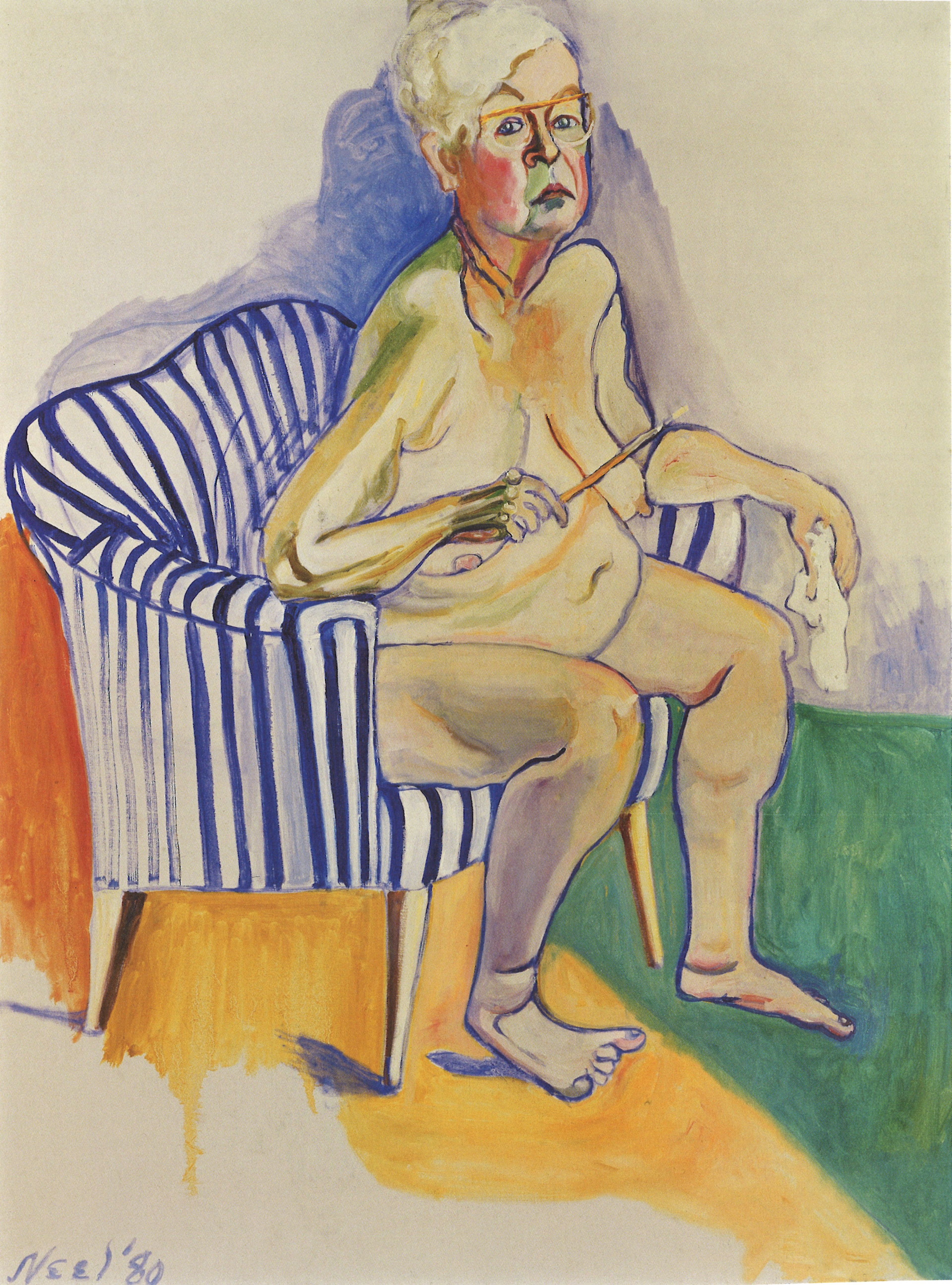
Alice Neel, Self-Portrait, 1980
One of the foremost American artists of the twentieth century, Alice Neel (1900–1984) is known for her daringly honest, humanist approach to the figure. Working from life and memory, she painted writers, poets, artists, activists, family, friends, and others around her with unfazed accuracy, honesty, and compassion. Calling herself a "collector of souls," Neel is acclaimed for not only capturing the truth of the individual, but also reflecting the era in which she lived.
Neel was born in Merion Square, Pennsylvania, and died in New York. In 1921, she enrolled in the fine art program at the Philadelphia School of Design for Women (now Moore College of Art and Design) and graduated in 1925.
Although she exhibited sporadically early in her career, her work has been shown widely from the 1960s onwards. In 1971, a comprehensive solo exhibition of Neel's paintings was held at her alma mater Moore College of Art and Design, Philadelphia, and in 1974, she had her first retrospective at the Whitney Museum of American Art, New York. It was followed by a large-scale presentation of eighty-three paintings in 1975 at the Georgia Museum of Art, The University of Georgia, Athens. In 1978, the Graham Gallery, New York, organized the first retrospective dedicated to the artist's works on paper, and in 1979, a survey of her paintings was co-hosted by the University of Bridgeport and The Silvermine Guild of Artists in Connecticut.
To celebrate the centenary of the artist's birth, the Philadelphia Museum of Art organized a solo exhibition of Neel’s work, which debuted in 2000 at the Whitney Museum of American Art, New York, before traveling to the Walker Art Center, Minneapolis, among other venues. In 2010, the survey exhibition Alice Neel: Painted Truths was organized by the Museum of Fine Arts, Houston, and traveled to the Whitechapel Gallery, London, and Moderna Museet Malmö, Sweden. In 2013, a major presentation of the artist's watercolors and drawings, Alice Neel: Intimate Relations, was on view at Nordiska Akvarellmuseet in Skärhamn, Sweden. In 2016, the Ateneum Art Museum, Helsinki organized Alice Neel: Painter of Modern Life, which traveled to the Gemeentemuseum, The Hague, and the Fondation Vincent van Gogh in Arles, France, before concluding at the Deichtorhallen Hamburg in 2018.
The major retrospective, Alice Neel: People Come First, was first on view at The Metropolitan Museum of Art, New York, in 2021, before traveling to the Guggenheim Museum Bilbao, and the de Young Museum, San Francisco, in 2022. Alice Neel: Un regard engagé debuted at the Centre Pompidou, Paris, in 2022 before traveling to the Barbican Centre, London, and the Munch Museum, Oslo, both in 2023. Also on view in 2023 was a solo presentation at the Orange County Museum of Art, Costa Mesa, California.
Other solo presentations include those held at National Museum of Women in the Arts, Washington, DC (2005); Moderna Museet, Stockholm (2008); The Douglas Hyde Gallery, Dublin (2011); and the Talbot Rice Gallery, The University of Edinburgh (2016).
Since 2008, The Estate of Alice Neel has been represented by David Zwirner, where her work was presented in 2009 in a critically acclaimed, two-venue solo exhibition, Alice Neel: Selected Works and Alice Neel: Nudes of the 1930s. Other solo exhibitions at the gallery in New York include Alice Neel: Late Portraits & Still Lifes (2012); and Alice Neel: Drawings and Watercolors 1927–1978 (2015). The critically-acclaimed exhibition Alice Neel, Uptown, curated by Hilton Als, took place at David Zwirner, New York, in 2017; followed by Alice Neel: Freedom (2019); and Alice Neel: The Early Years (2021). In 2022, Alice Neel: Men from the Sixties, the artist’s first exhibition in Greater China, was on view at David Zwirner Hong Kong. At Home: Alice Neel in the Queer World, curated by Hilton Als, was on view at David Zwirner Los Angeles in 2024.
Work by the artist is represented in permanent collections that include the Art Institute of Chicago; Hirshhorn Museum and Sculpture Garden, Washington, DC; The Metropolitan Museum of Art, New York; Moderna Museet, Stockholm; Museum of Contemporary Art, Los Angeles; Museum of Fine Arts, Houston; The Museum of Modern Art, New York; National Gallery of Art, Washington, DC; Philadelphia Museum of Art; Tate, United Kingdom; and the Whitney Museum of American Art, New York.
Selected Press
Selected Titles

Request more information
